[box type = ”info”]Padel Magazine : Oscar Agea is the Spanish number one in Handipadel in Spain. He offers us a very interesting interview on the possibilities and advantages of this sport for the disabled. [/ Box]
Padel Magazine : Can you tell us how you fell into the padel ?
Oscar Agea: I play padel since I am young. It is a different sport compared to others. In the end, I play a lot more than before because it is a tolerant sport and more accessible than others.
I play with someone else, we get better quickly. I became the number of Spain and one can say also on the world level. Everyone should try to play this sport because it can really help. We manage to have fun and improve, despite the different handicaps of the players.
PM: Can you play matches with players without a wheelchair?
OA: This sport allows you to play with everyone. Depending on the level, we can of course play with people who do not have disabilities. We can play from the baseline as well as from the shutter. It is a sport that reduces handicaps.
PM: Did you play tennis before you started padel ? Did tennis help you play better padel ?
Tennis I have practiced and still practice it but rather in support of padel. Tennis helps me play better padel because tennis is less accessible, more difficult and is therefore a good way to train indirectly in padel. Physically the padel maybe more interesting than tennis too. These sports complement each other.
PM: What can you say to French and disabled athletes to encourage them to discover the padel ?
I recommend this sport to all people who want to have fun playing padel. In this sport, there are many things that make it possible to feel better and to regain a taste for sport. This sport also brings people together because we are not alone. The other advantage is that it allows you to play with players without necessarily having health problems. The padel reduces these problems.
Le padel works balance, mobility or even tone. The padel is very good exercise for everyone.
PM: Are there any complications for playing at the net?
OA: At the net, yes there can be some problems, firstly because you are close to the net and in a wheelchair, it is not necessarily easy to control well. Then there is of course the problem of the height which is not necessarily obvious. But the advantage we have are the two rebounds we are entitled to. It's easier for us to catch the ball back; it increases the playability and reduces that height problem that we might have at the net.
PM: Is it difficult to reach a good level when you are disabled? Can we really have fun?
Yes, it's a sport that deserves attention. This sport is a treat. In 4 years, I personally evolved my game in an obvious way and became the number one in Spain. We evolve and have fun. The fact that there are walls helps us to return the ball more easily. The racket is very handy and is an asset, especially compared to other racket sports like tennis. With training, we can come better, that's for sure.
PM: Is it easier to play padel compared to tennis?
Yes, clearly. At padel, you can quickly acquire a median level quite quickly, while in tennis it will take much longer. The advantages of padel compared to tennis are numerous: The space is more restricted, we play two, the racket is more manageable, we have the walls that give us a second chance accentuated by the possibility of having a second bounce. Feel the padel and having fun are a matter of weeks.
PM: You play with a padel particular?
No, the racket is the same. The only difference is the rule. We have the right to two rebounds. For example, a rebound, the wall, then another bounce on the floor.
PM: Have you already played in France to promote this sport?
I know Toulouse. There had been a world championship. But there is great potential in France. It is a country of snowshoes. It is a country where many disabled people could be interested in this sport. It would really be necessary to build padel and offer this sport to the disabled. They would be delighted and might even regain a taste. Remember that this is a team sport. France could become a real locomotive and push to develop and offer this sport to the disabled.
PM: Do you have a message to send to France and more specifically to disabled people looking for a fun, team and fun sport?
I say to all French players or potential players that you should at least try this sport. He has a lot more. It will certainly allow it to be much more than a sport. Have fun at padel is easy. In a few weeks, it will be possible to play padel. And that is not possible for all sports.
PM: Is it expensive to practice padel when you are disabled?
Let's say that there are incompressible costs, such as the wheelchair, which must not be too heavy, which must be manageable. The wheelchair is a cost as is the land of padel which must have some additional protection so as not to damage it too much. There are obviously ancillary costs like rackets and balls, but compared to other sports, we can estimate that this is not huge.
PM: Disabled people are certainly listening to us and would like to possibly see a demo, would you be ready to come and show us all this?
I will be delighted and delighted to be able to help the padel to develop in Paris, Toulouse, and elsewhere. I am the number one in Spain in disabled sports and promise you that you will be delighted by this sport.
PM: Can we say that the padel helped you personally?
Le padel makes me very happy. But I obviously recommend everyone to play this sport which allows them to be freer with the means at hand, to have the possibilities of feeling better and even to have ambitions in a sport that offers many lanes.
Franck Binisti - Padel Magazine
Franck Binisti discovers the padel at the Club des Pyramides in 2009 in the Paris region. Since padel is part of his life. You often see him touring France going to cover the major events of padel French.

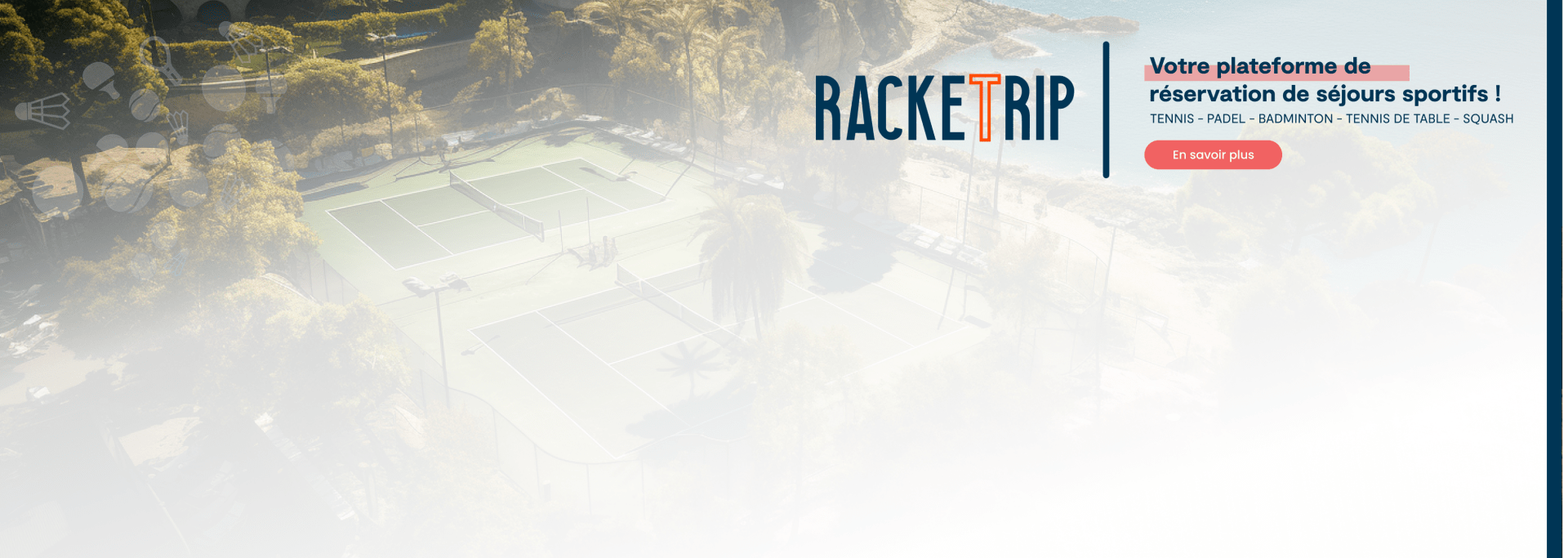


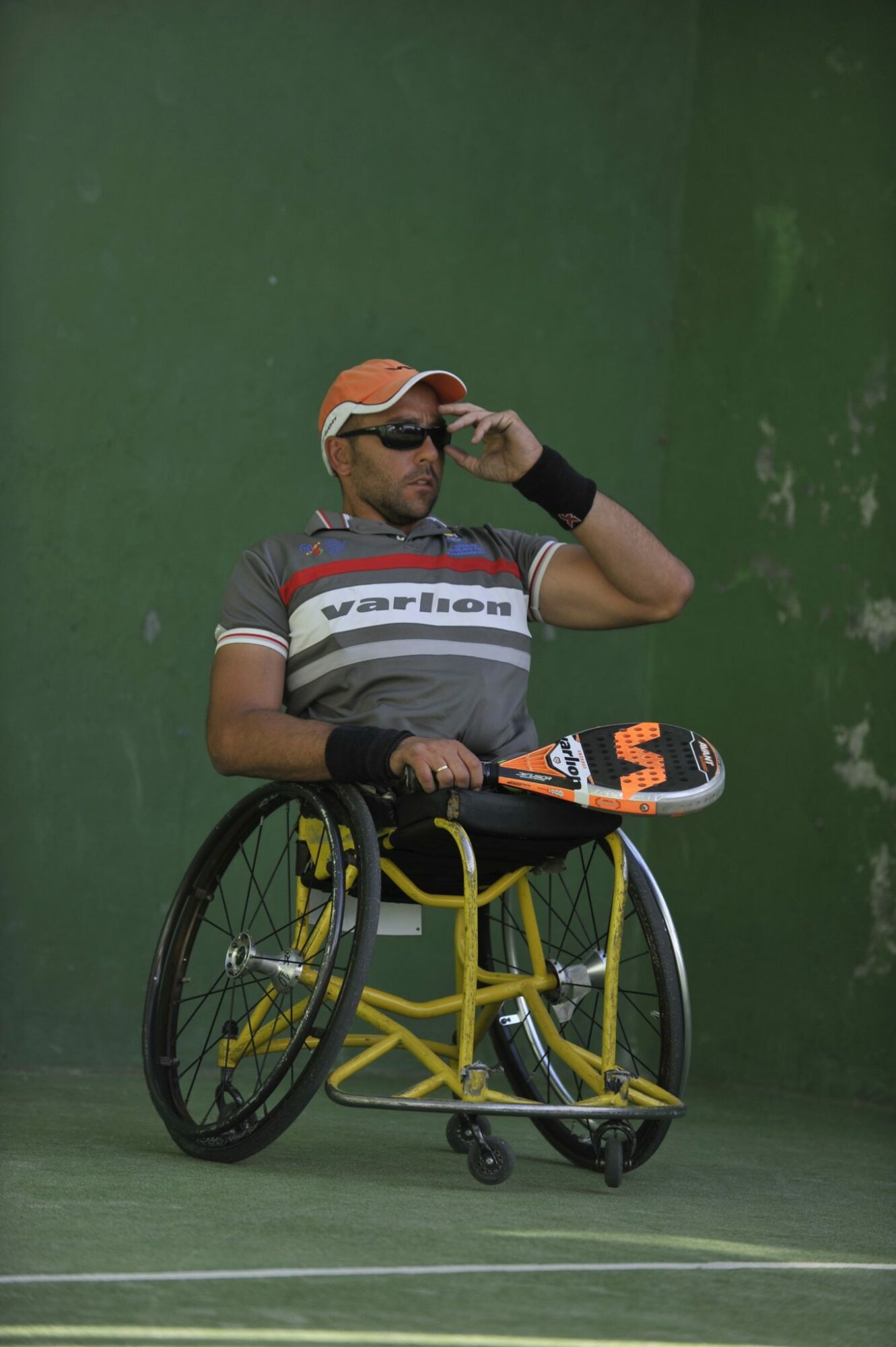












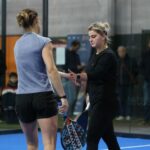
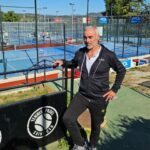
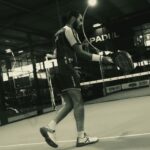


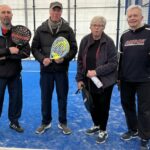
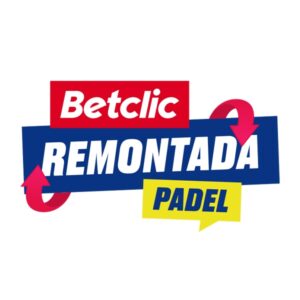









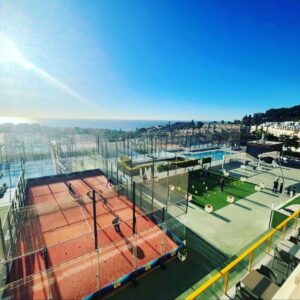




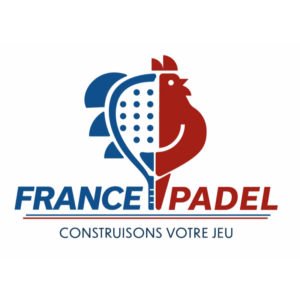





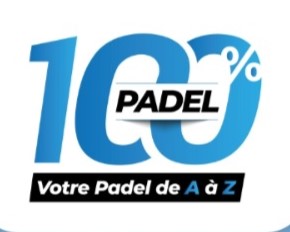




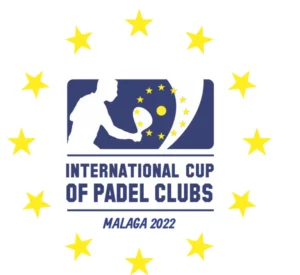








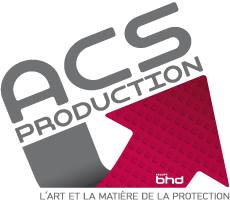


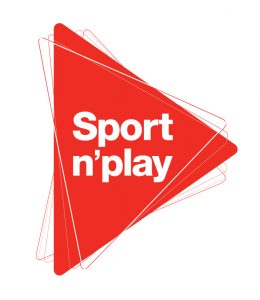



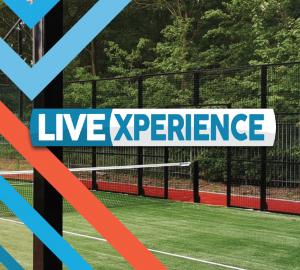



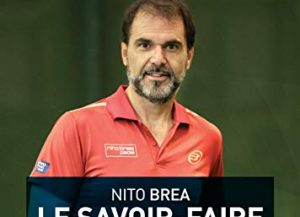
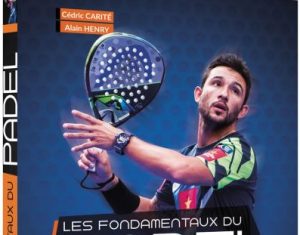


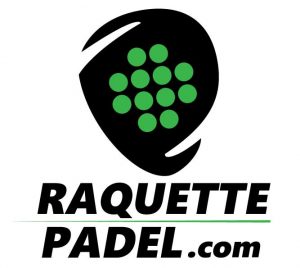








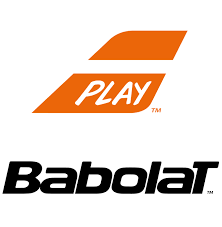

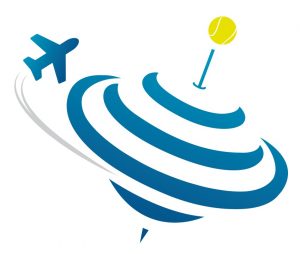
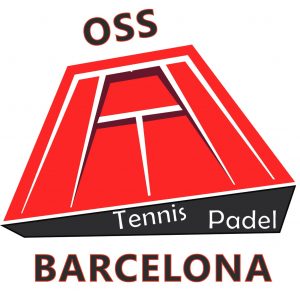
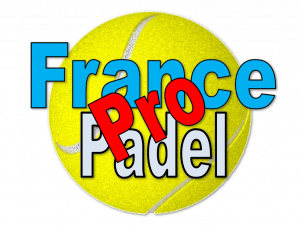


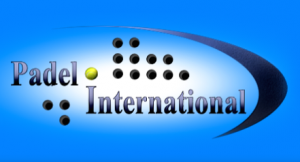

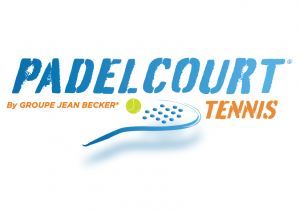
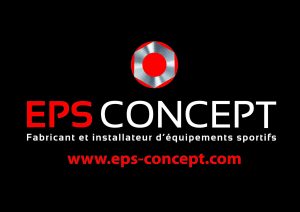



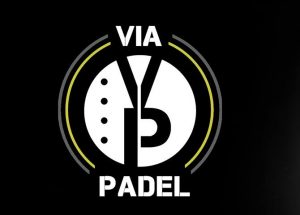




 The location chosen for the 2024 World Cup announced at the end of the month!
The location chosen for the 2024 World Cup announced at the end of the month!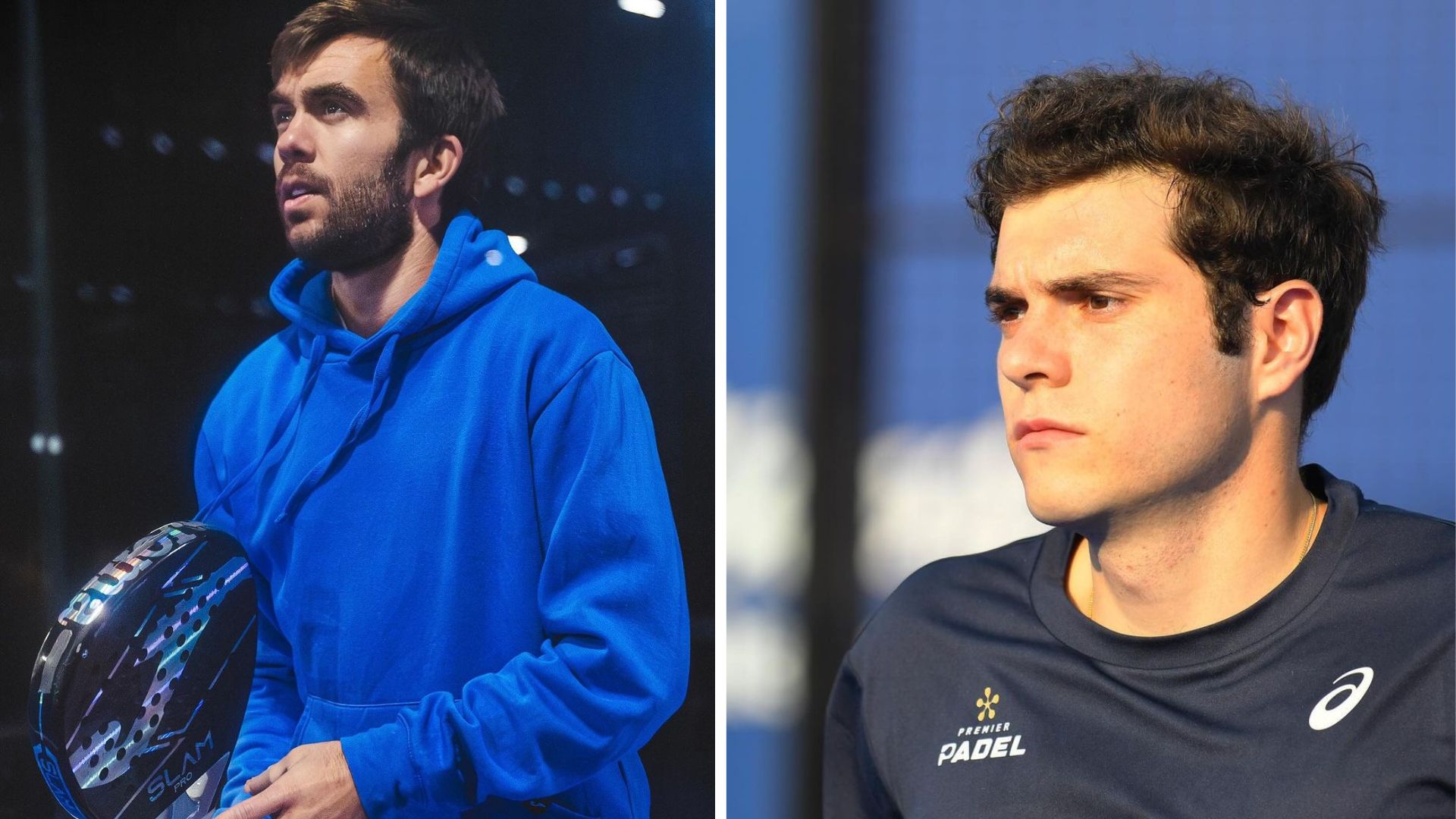 It’s off to a bad start for Pincho Fernandez and Javier Barahona…
It’s off to a bad start for Pincho Fernandez and Javier Barahona…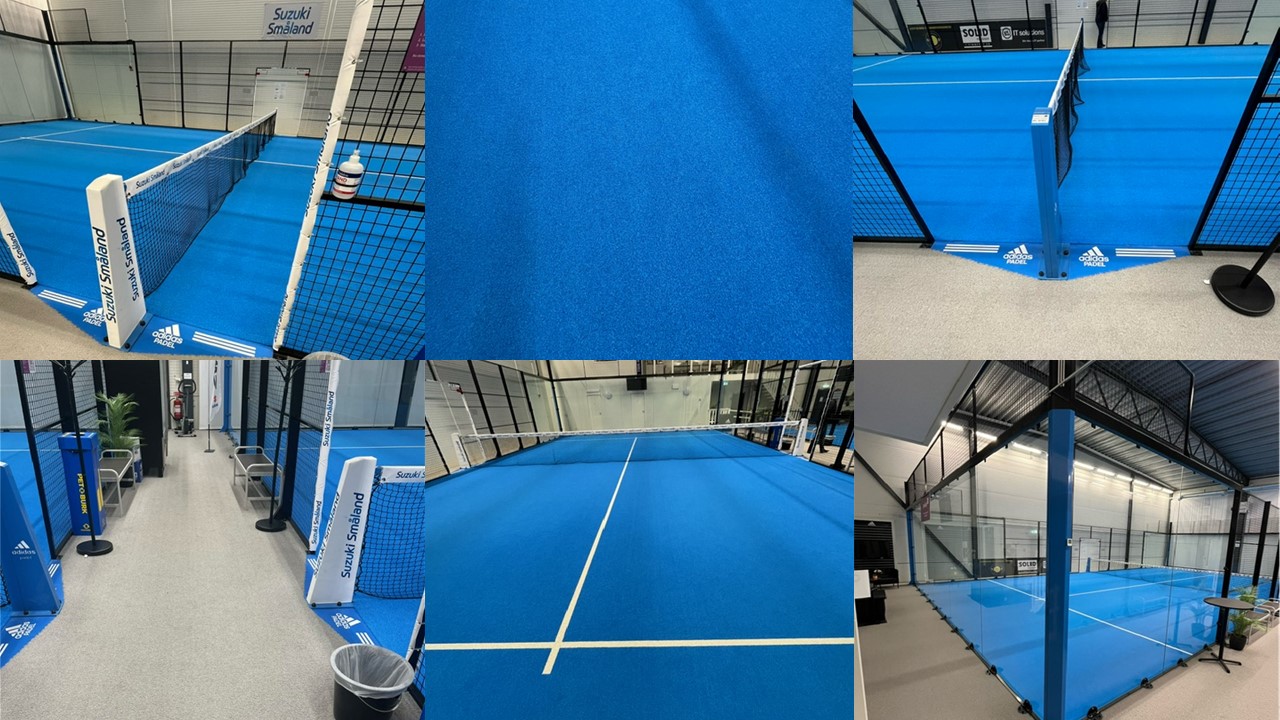 Occasions – Two tracks of padel premium available for sale for €25.000
Occasions – Two tracks of padel premium available for sale for €25.000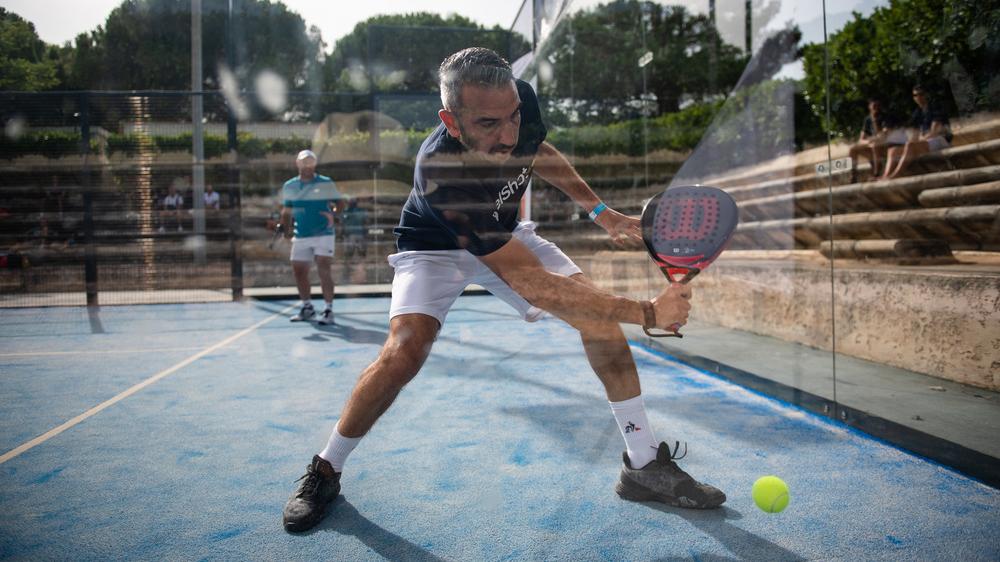 Simon Boissé: “We know that there are two nations in front of us”
Simon Boissé: “We know that there are two nations in front of us”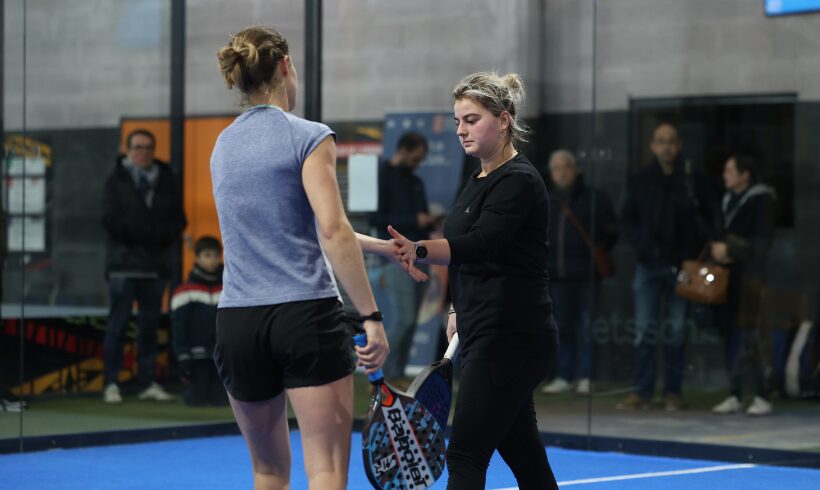 Marie Maligo: “This period of frequent changes of partners was beneficial for me”
Marie Maligo: “This period of frequent changes of partners was beneficial for me”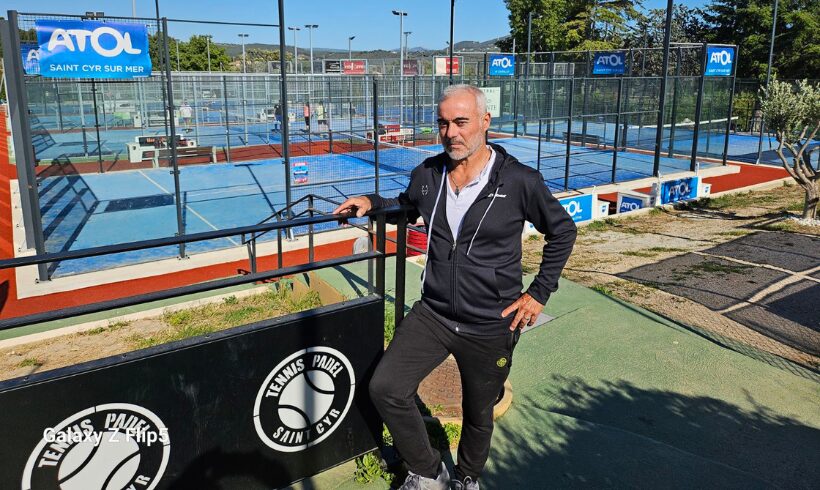 Alain Idier: “Adding tracks of padel, without sacrificing tennis”
Alain Idier: “Adding tracks of padel, without sacrificing tennis”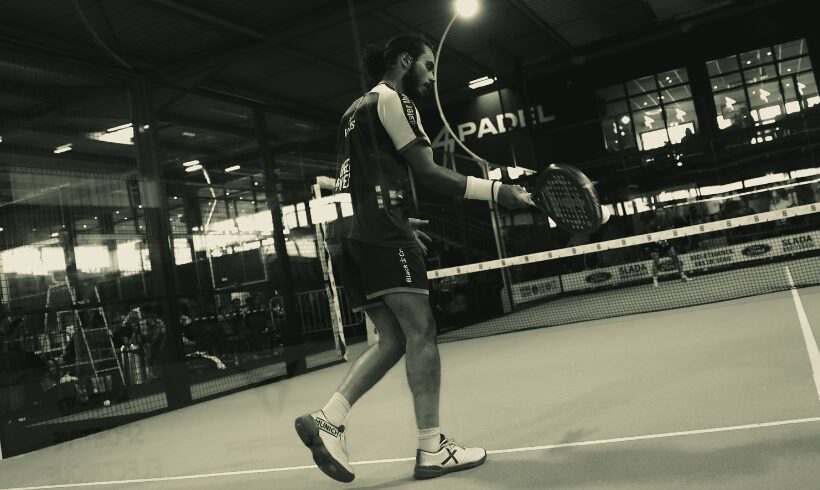 Manuel Vives: “It’s extremely difficult to get by financially”
Manuel Vives: “It’s extremely difficult to get by financially”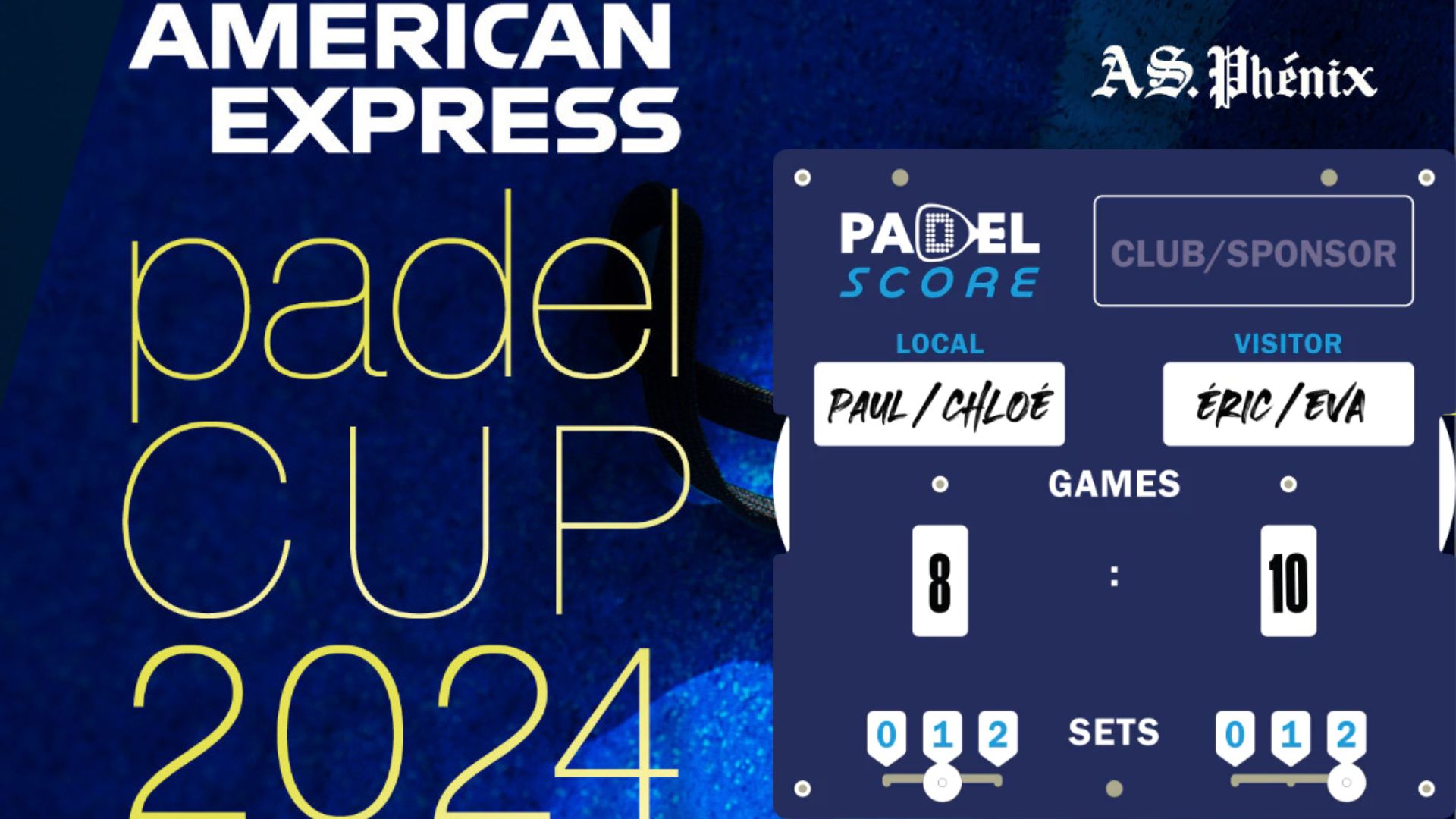 Padel Score comes to Tahiti for American Express Padel Cup!
Padel Score comes to Tahiti for American Express Padel Cup!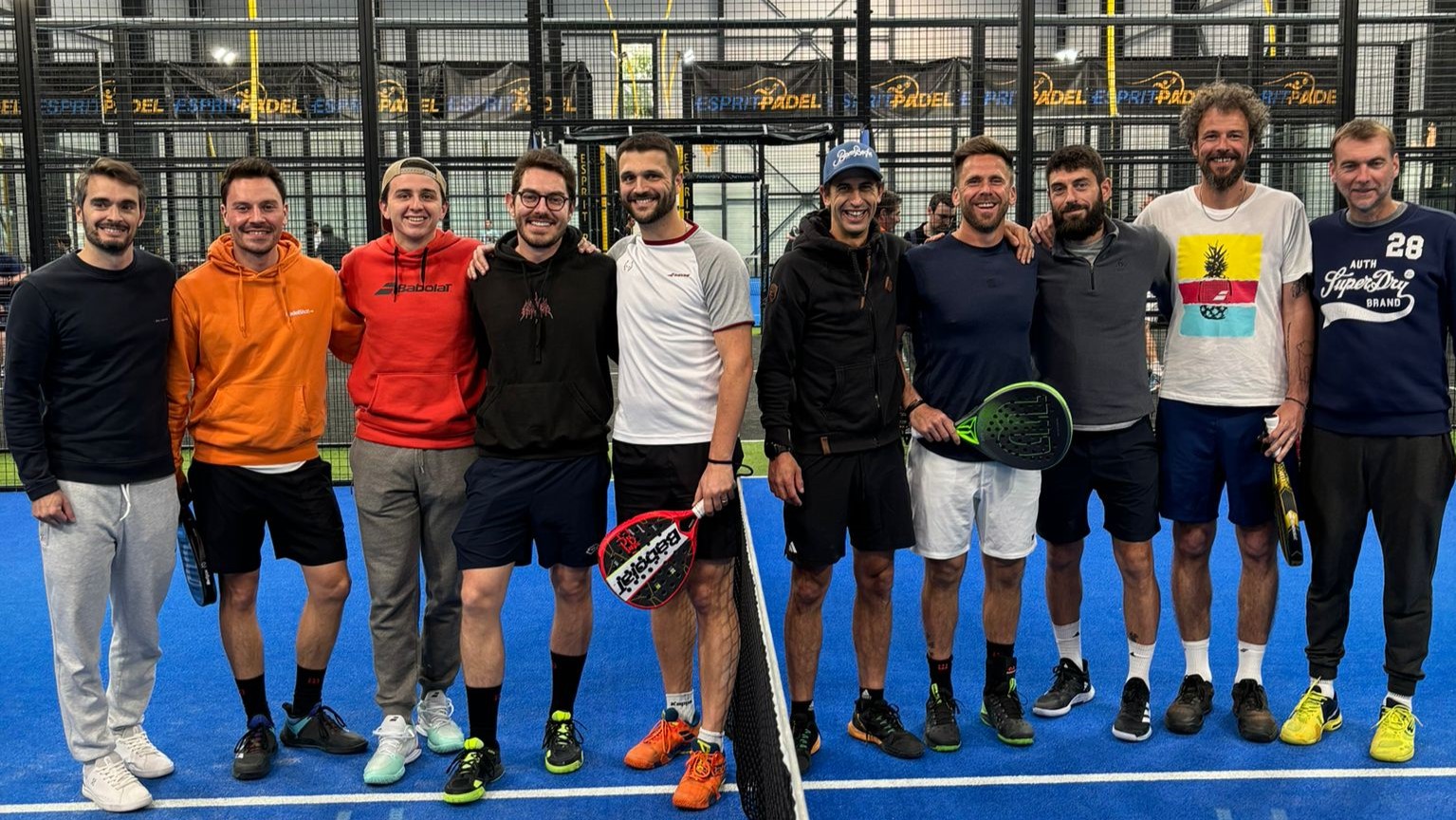 Mind Padel Lyon and the Auvergne Rhône-Alpes League innovate with team tournaments
Mind Padel Lyon and the Auvergne Rhône-Alpes League innovate with team tournaments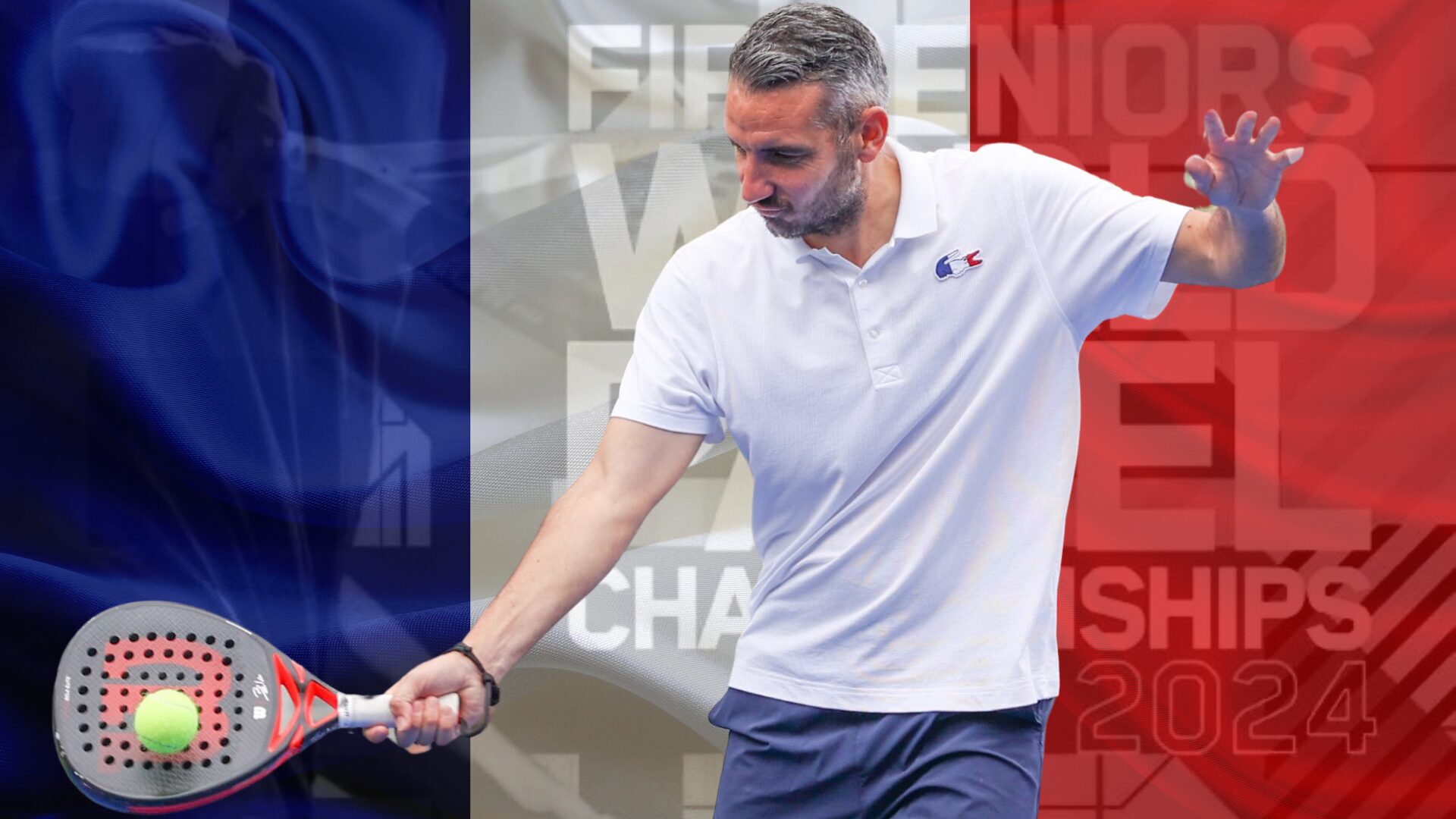 Simon Boissé: “We know that there are two nations in front of us”
Simon Boissé: “We know that there are two nations in front of us”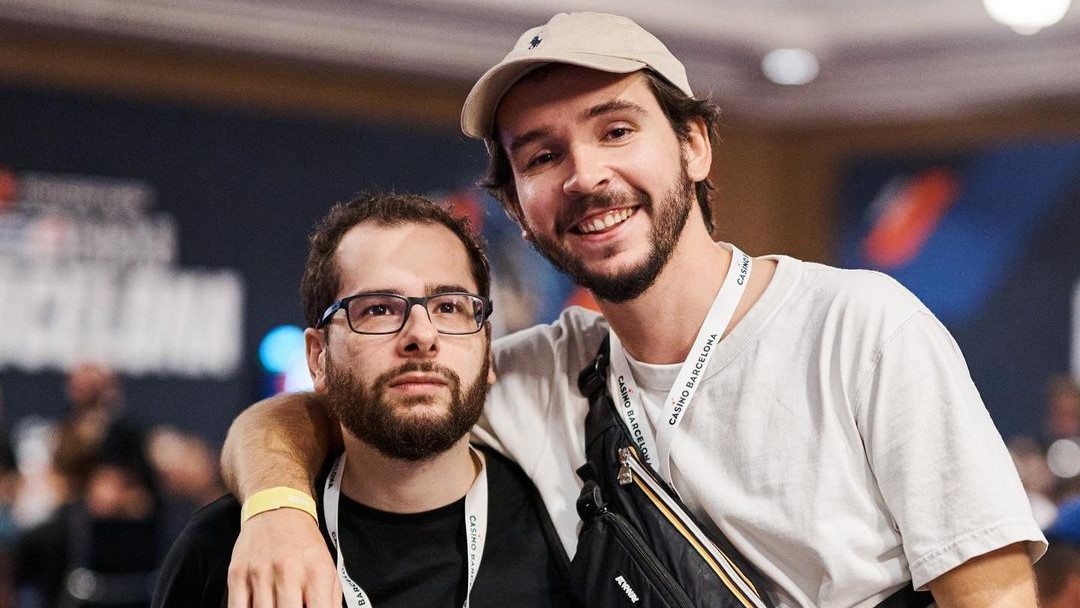 Team PAX (Domingo / Xari) returns to victory
Team PAX (Domingo / Xari) returns to victory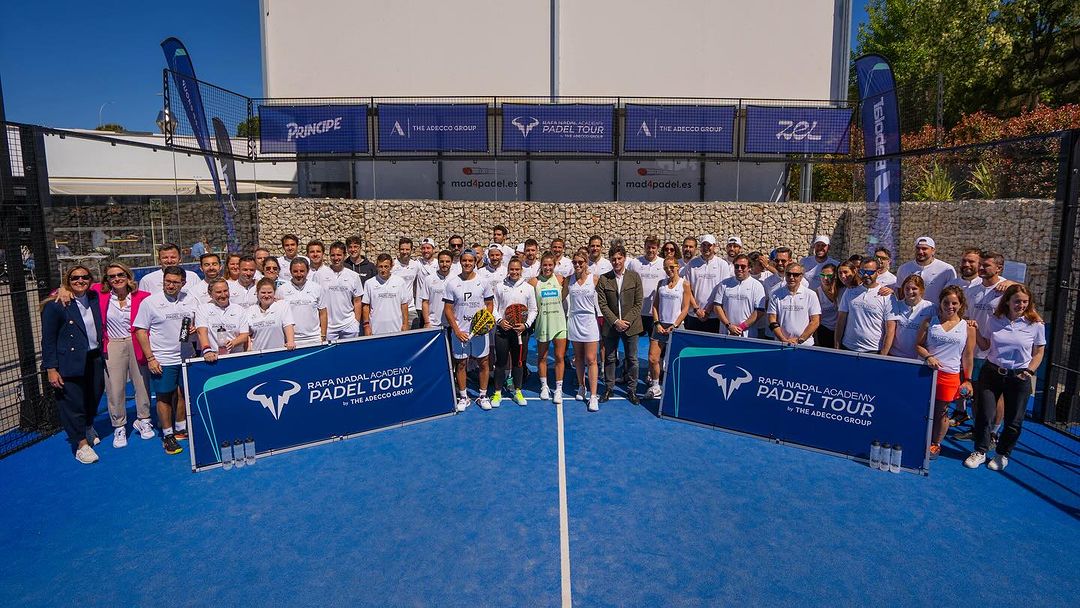 Do you know the Rafa Nadal Academy Tour?
Do you know the Rafa Nadal Academy Tour?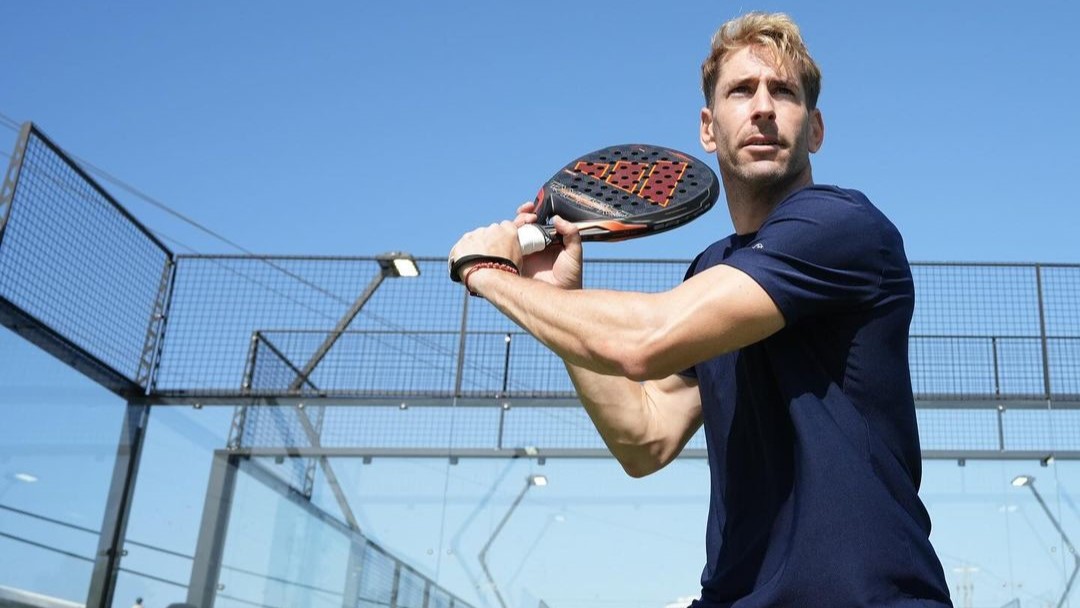 Alex Ruiz: “Finding joy again with Momo”
Alex Ruiz: “Finding joy again with Momo”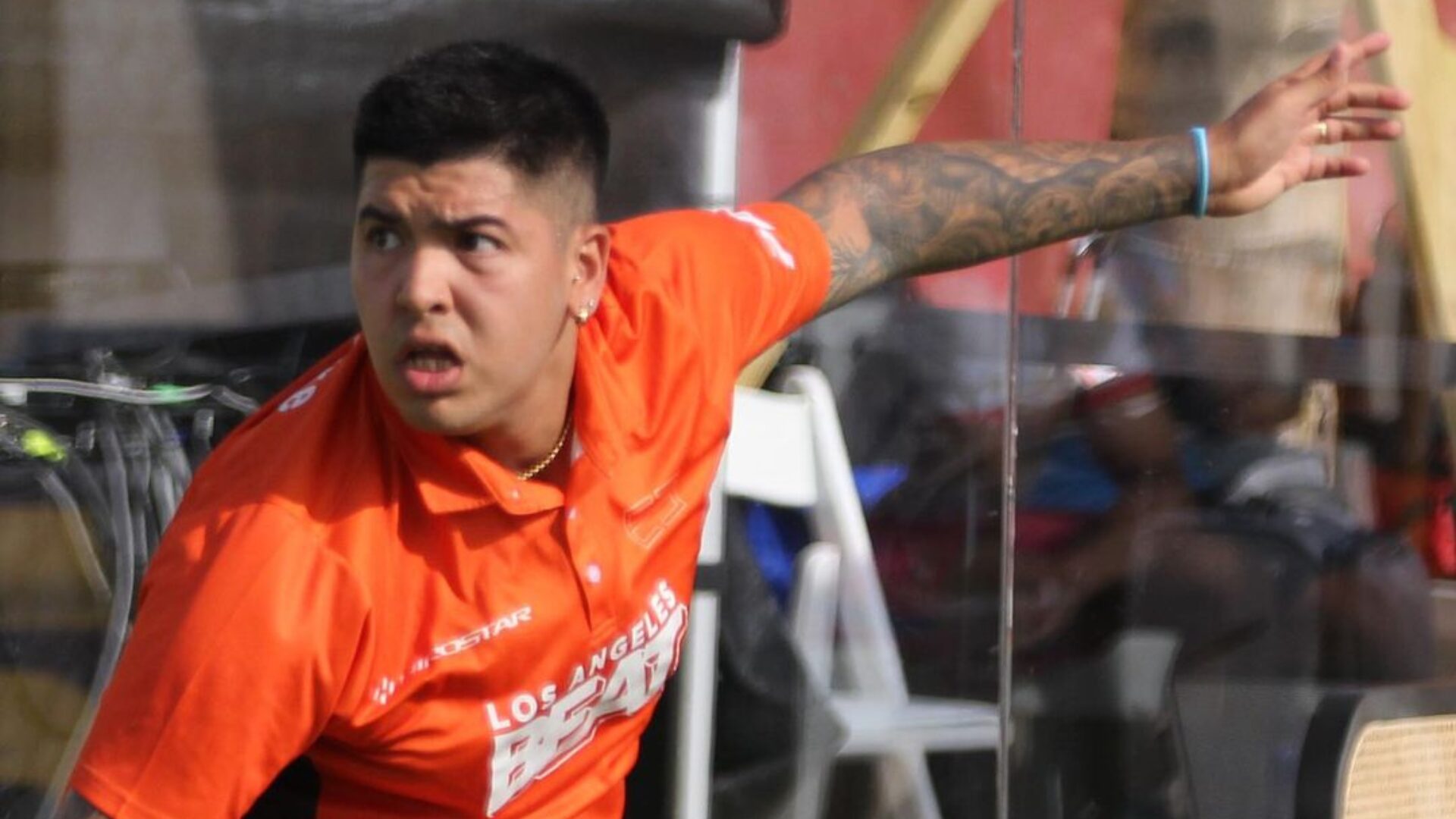 Nerone: “Tolito is not a normal player”
Nerone: “Tolito is not a normal player”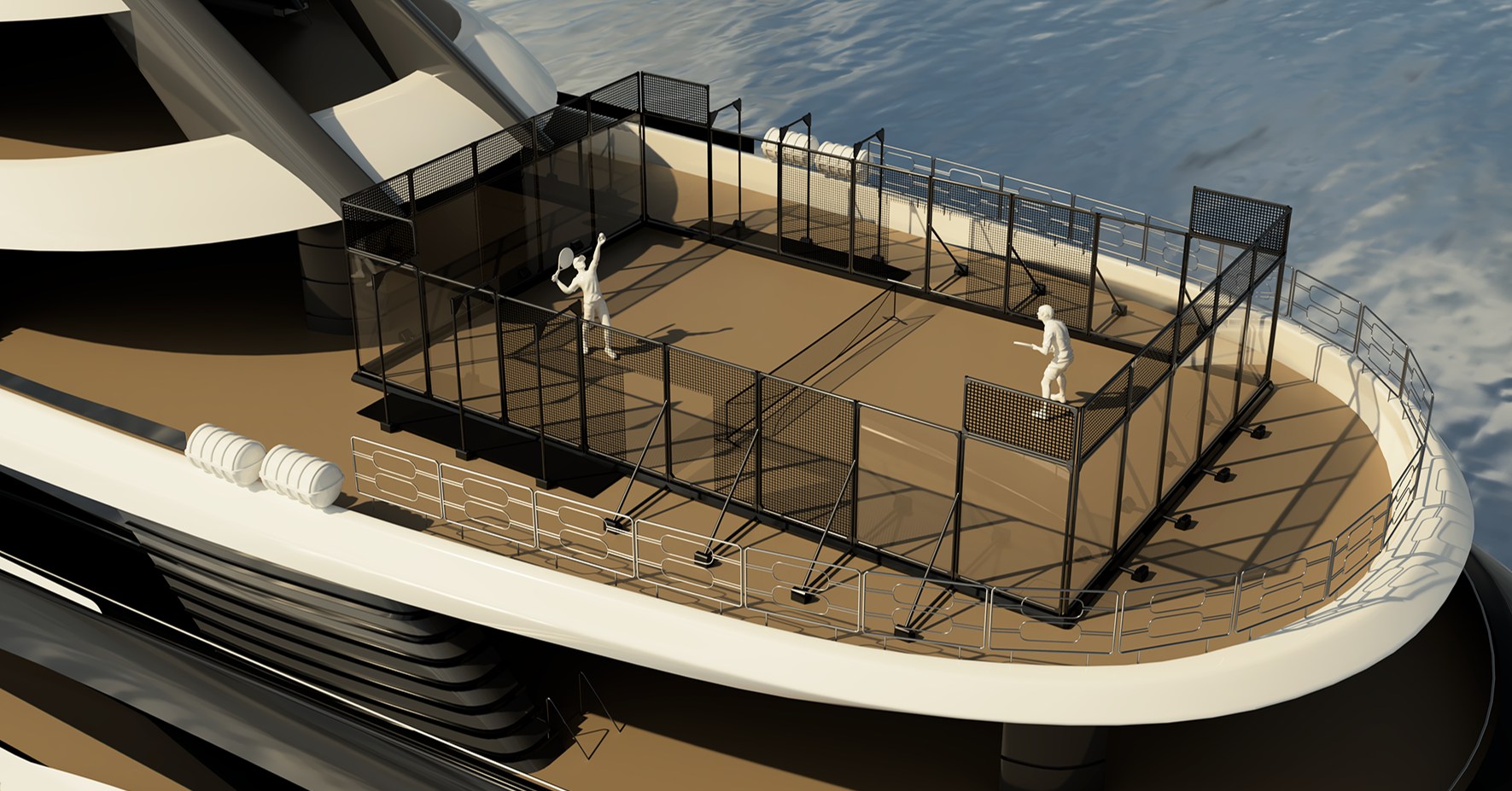 Play at padel on his yacht? Possible for €233.000!
Play at padel on his yacht? Possible for €233.000!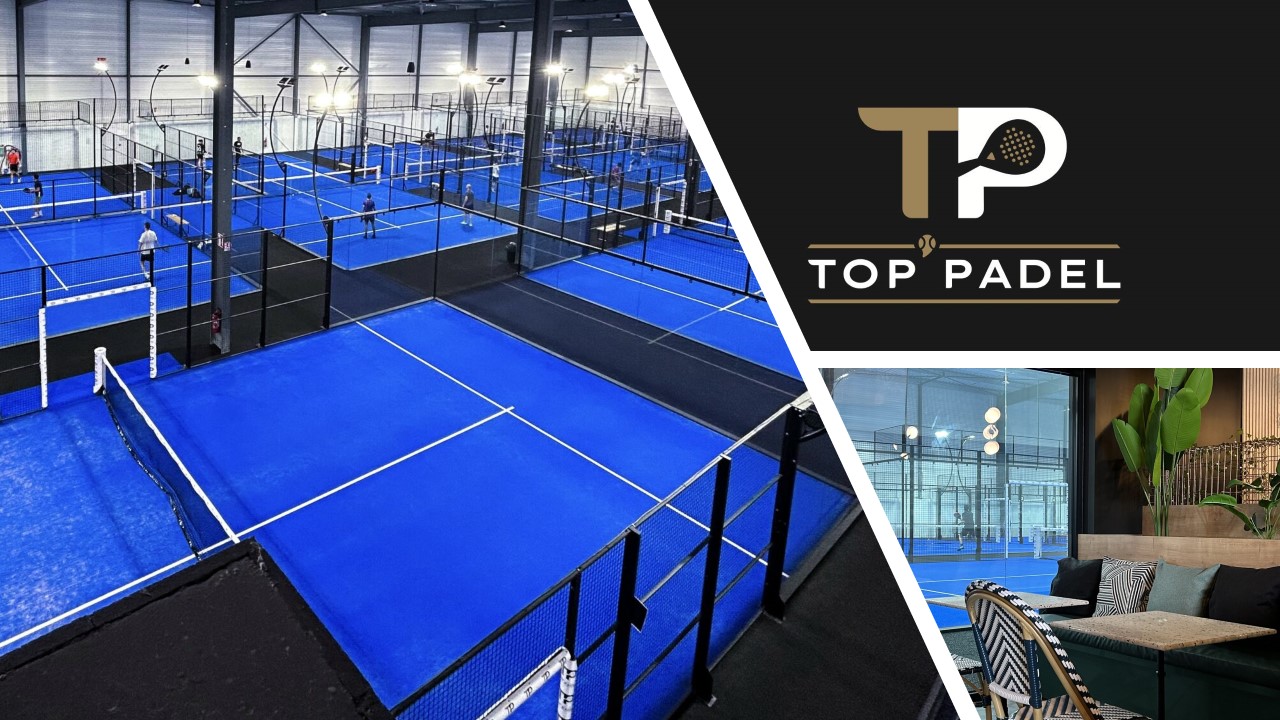 TOP Padel : “A premium club with 10 slopes in Toulouse”
TOP Padel : “A premium club with 10 slopes in Toulouse” Our Top 10 training courses padel in France and Europe
Our Top 10 training courses padel in France and Europe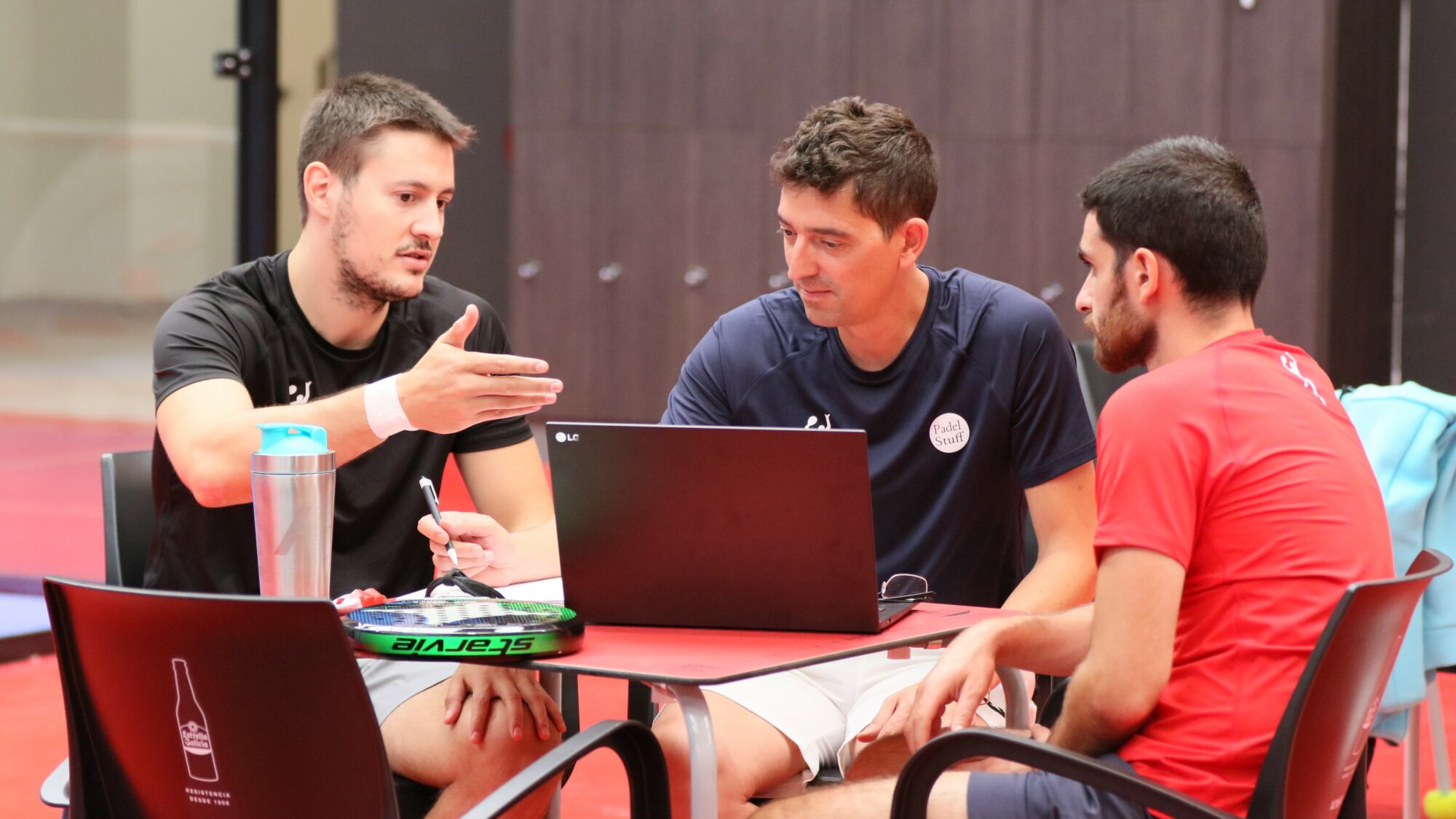 At the heart of padel – Episode 25: Paul and Andoni answer your questions
At the heart of padel – Episode 25: Paul and Andoni answer your questions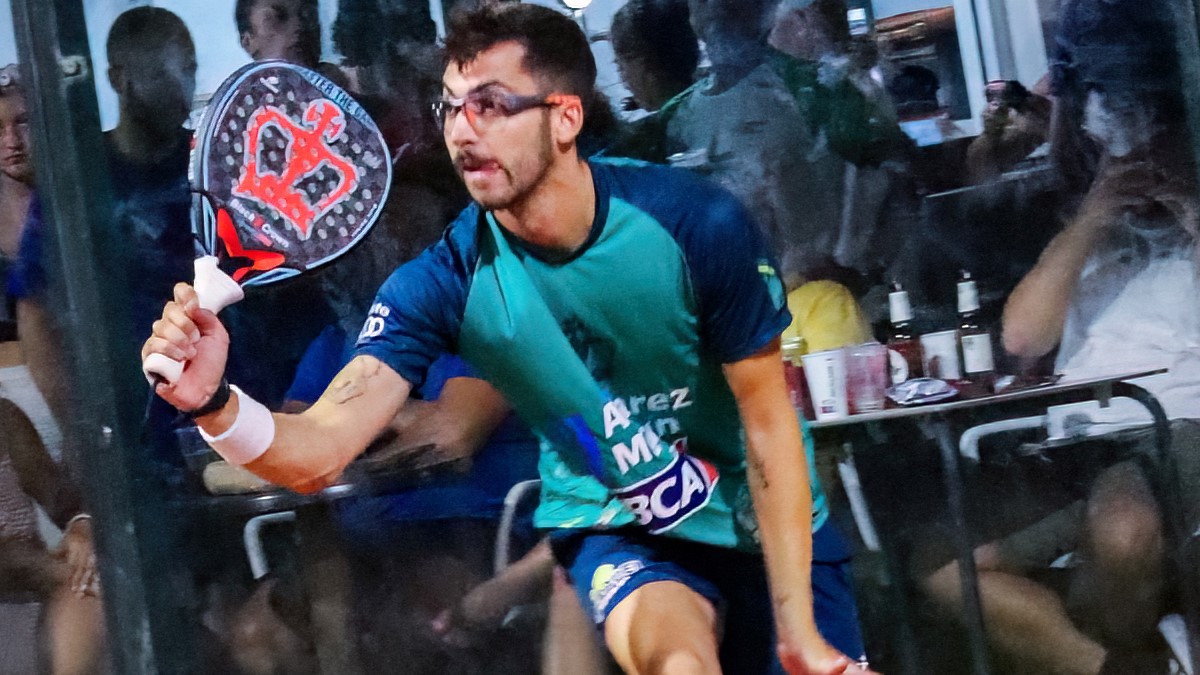 Tactical padel – What to do when faced with players who systematically stay at the bottom?
Tactical padel – What to do when faced with players who systematically stay at the bottom?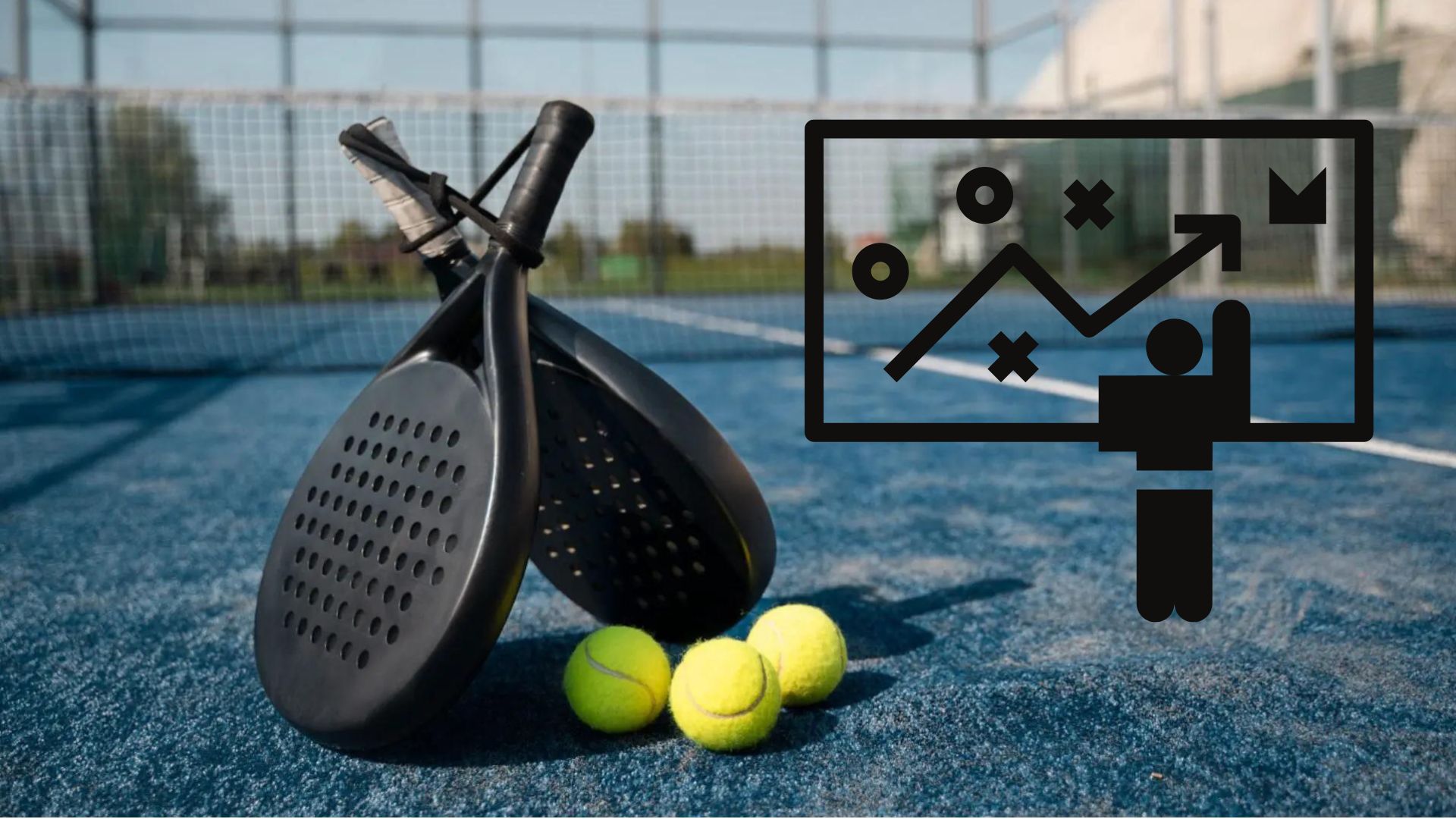 The basic tactics of padel
The basic tactics of padel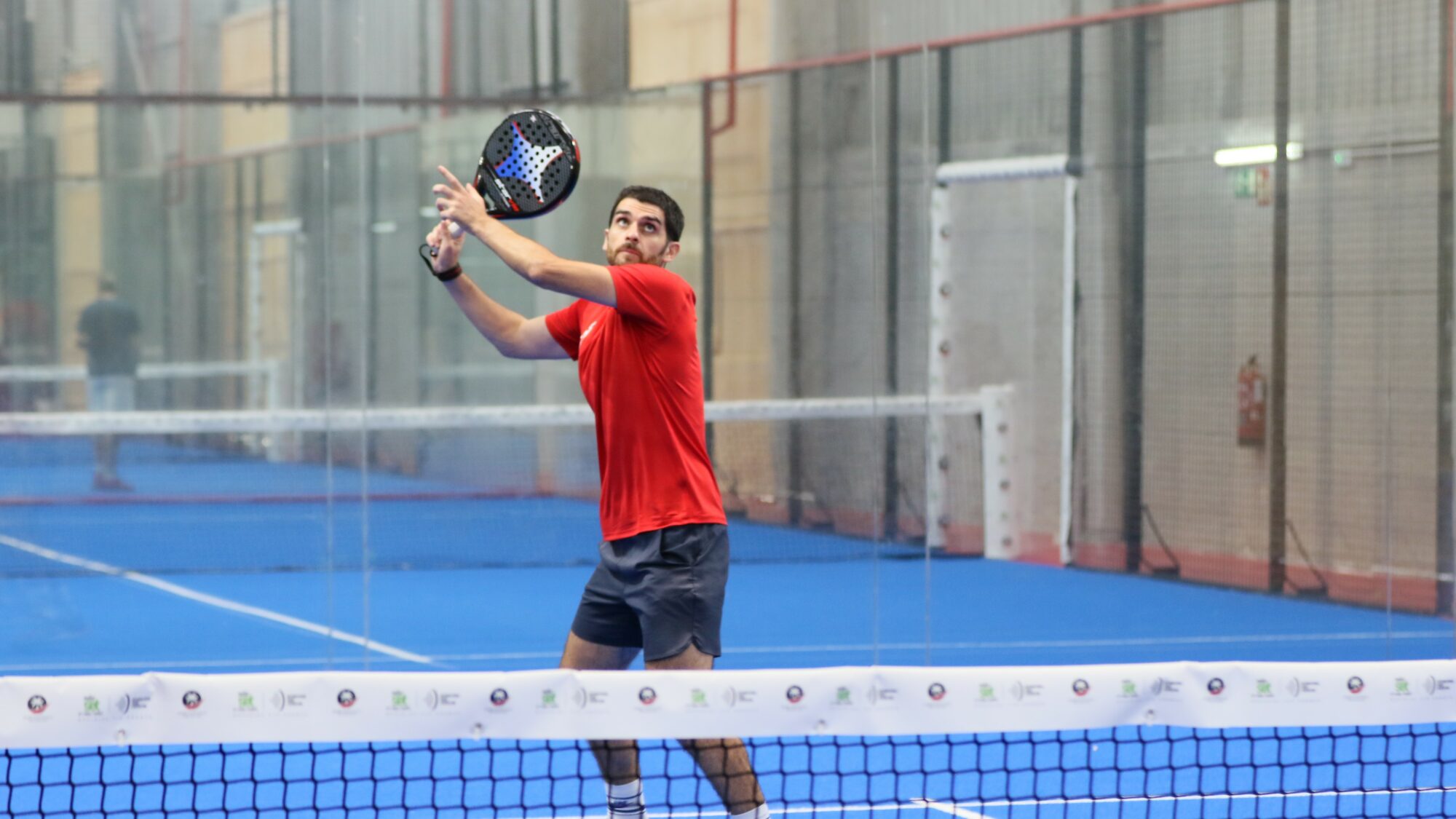 At the heart of padel – Episode 25: Paul and Andoni answer your questions
At the heart of padel – Episode 25: Paul and Andoni answer your questions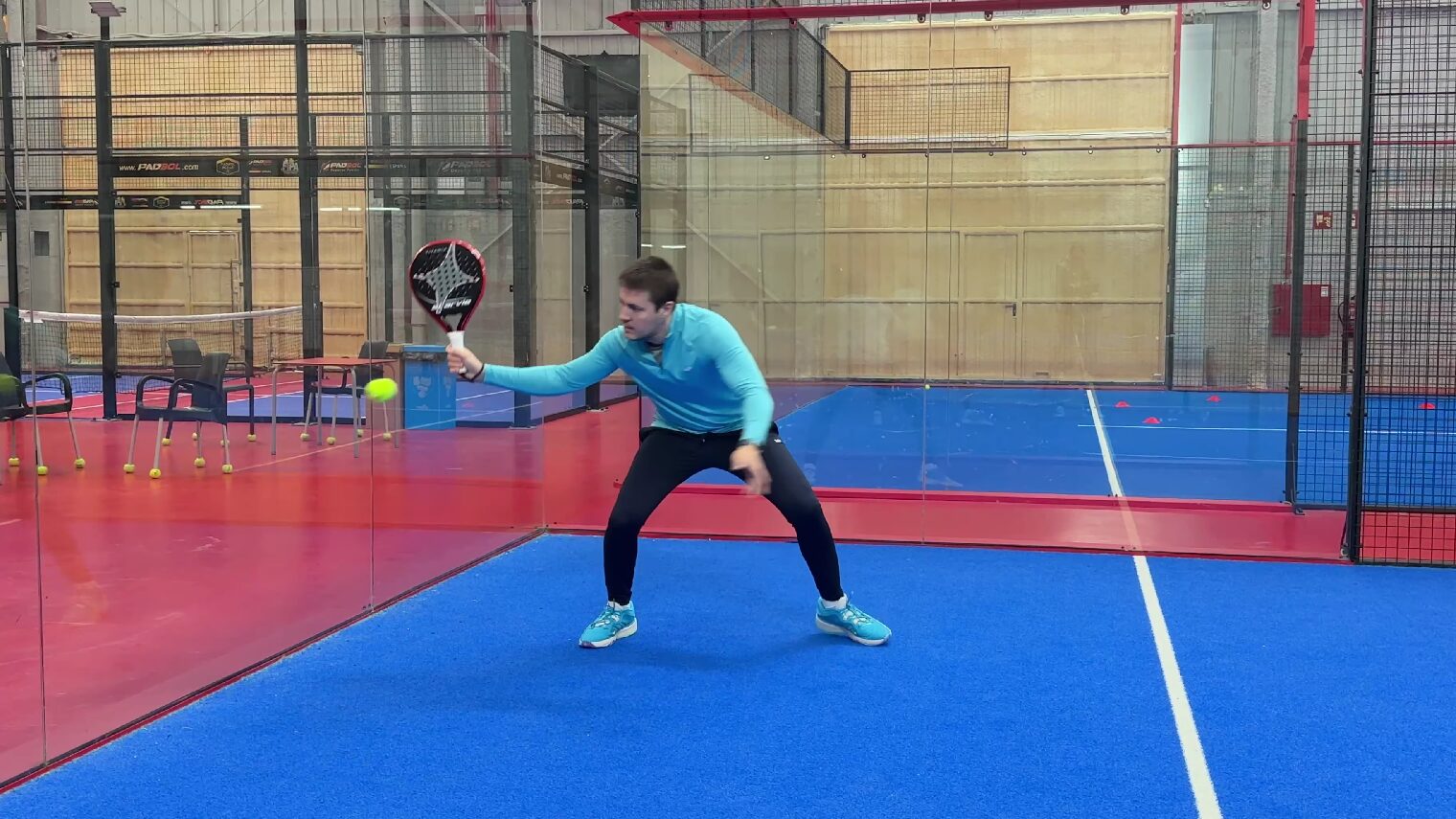 At the heart of padel – Episode 23: defend the window well
At the heart of padel – Episode 23: defend the window well Prohibition on playing topless Padel : the reasons
Prohibition on playing topless Padel : the reasons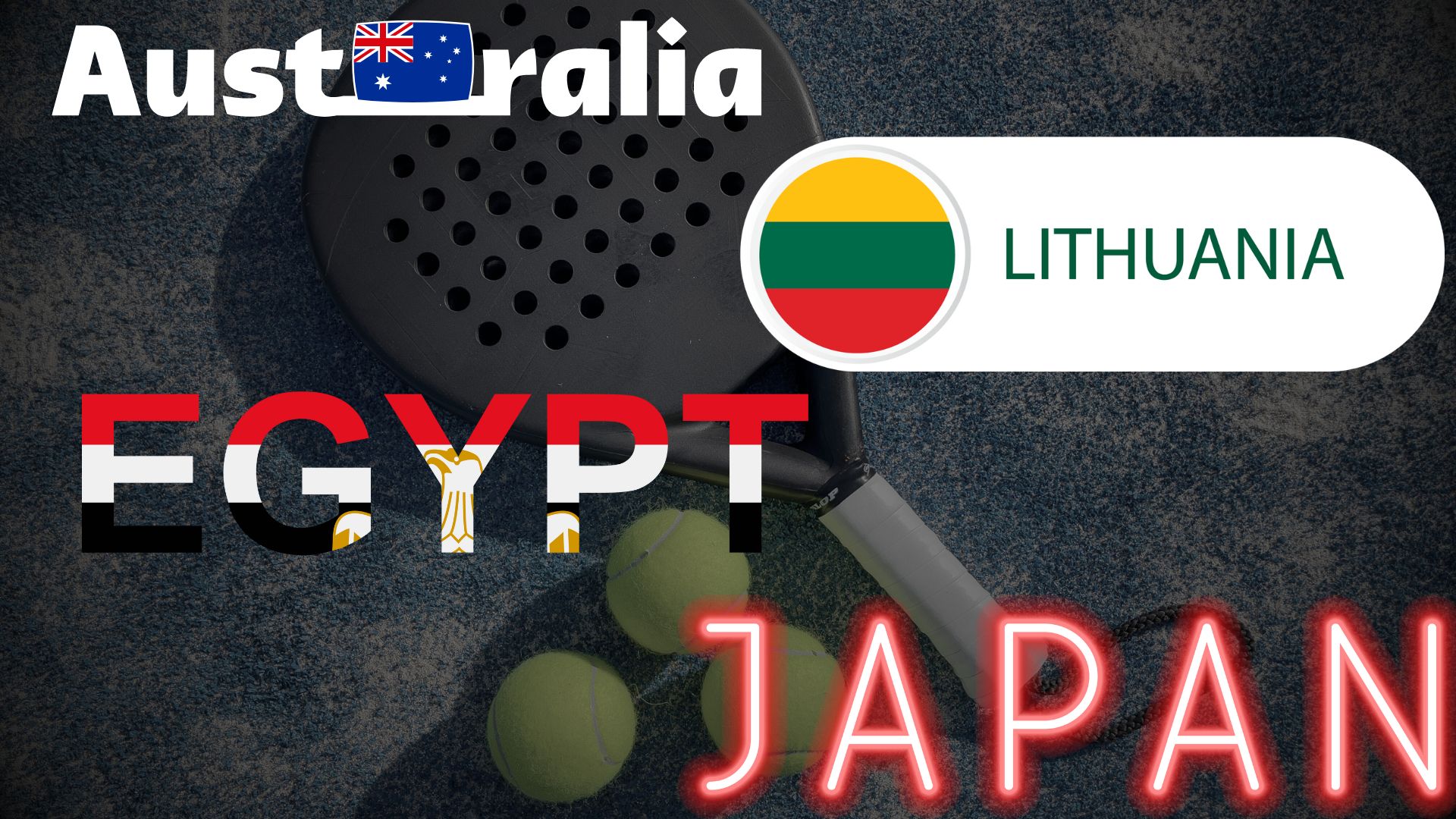 FIP Tour – Going far from Europe, THE strategy to earn points!
FIP Tour – Going far from Europe, THE strategy to earn points!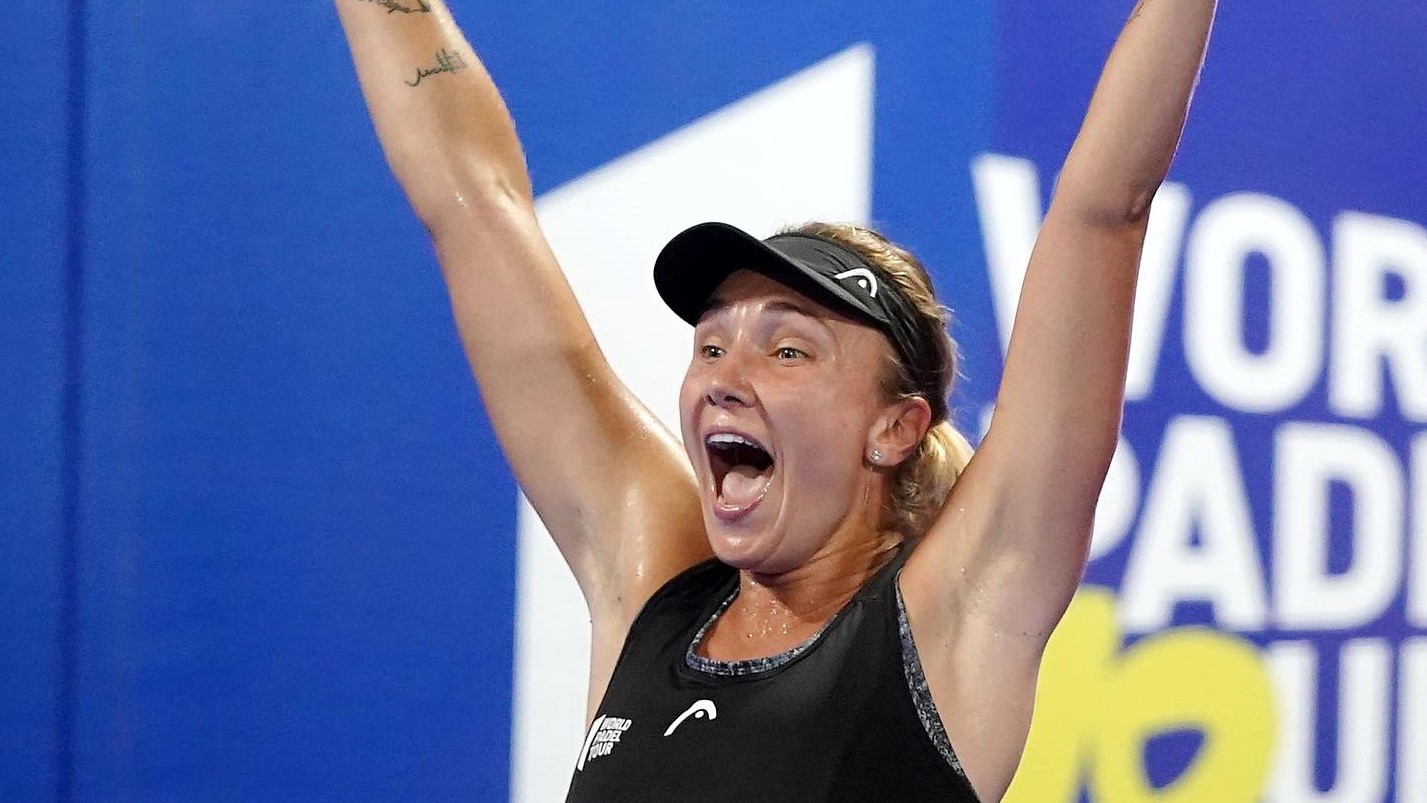 What is a good football player? padel ?
What is a good football player? padel ?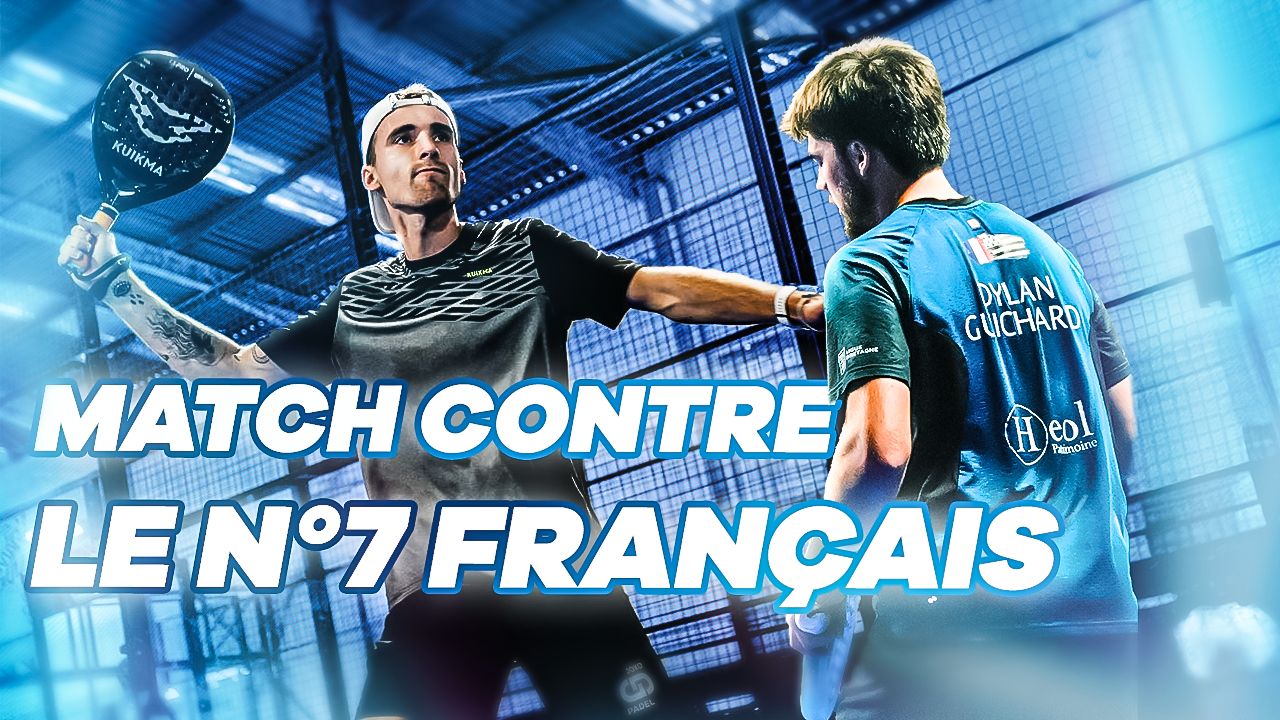 “Lefties give me headaches when I play against them!”
“Lefties give me headaches when I play against them!”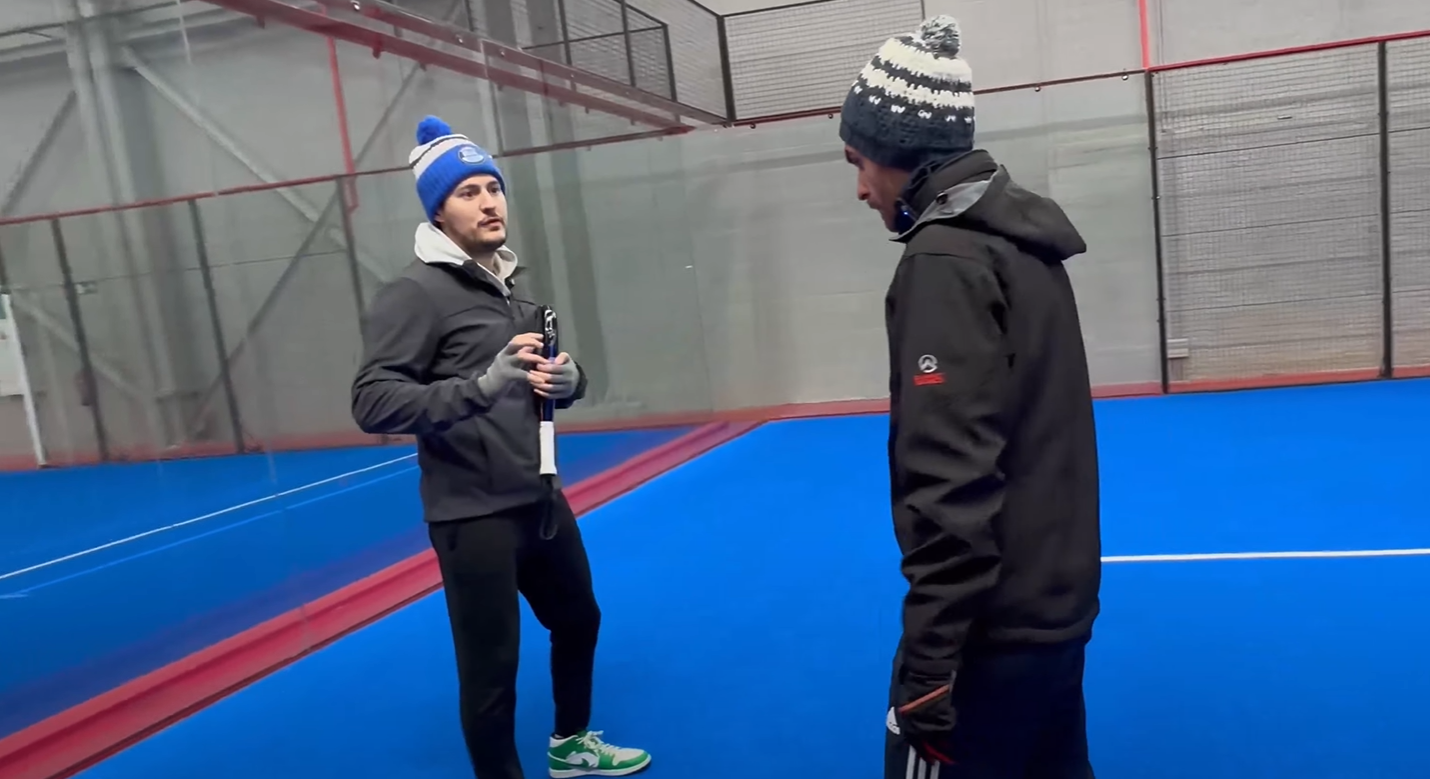 At the heart of padel – Episode 14: how to earn points in winter?
At the heart of padel – Episode 14: how to earn points in winter?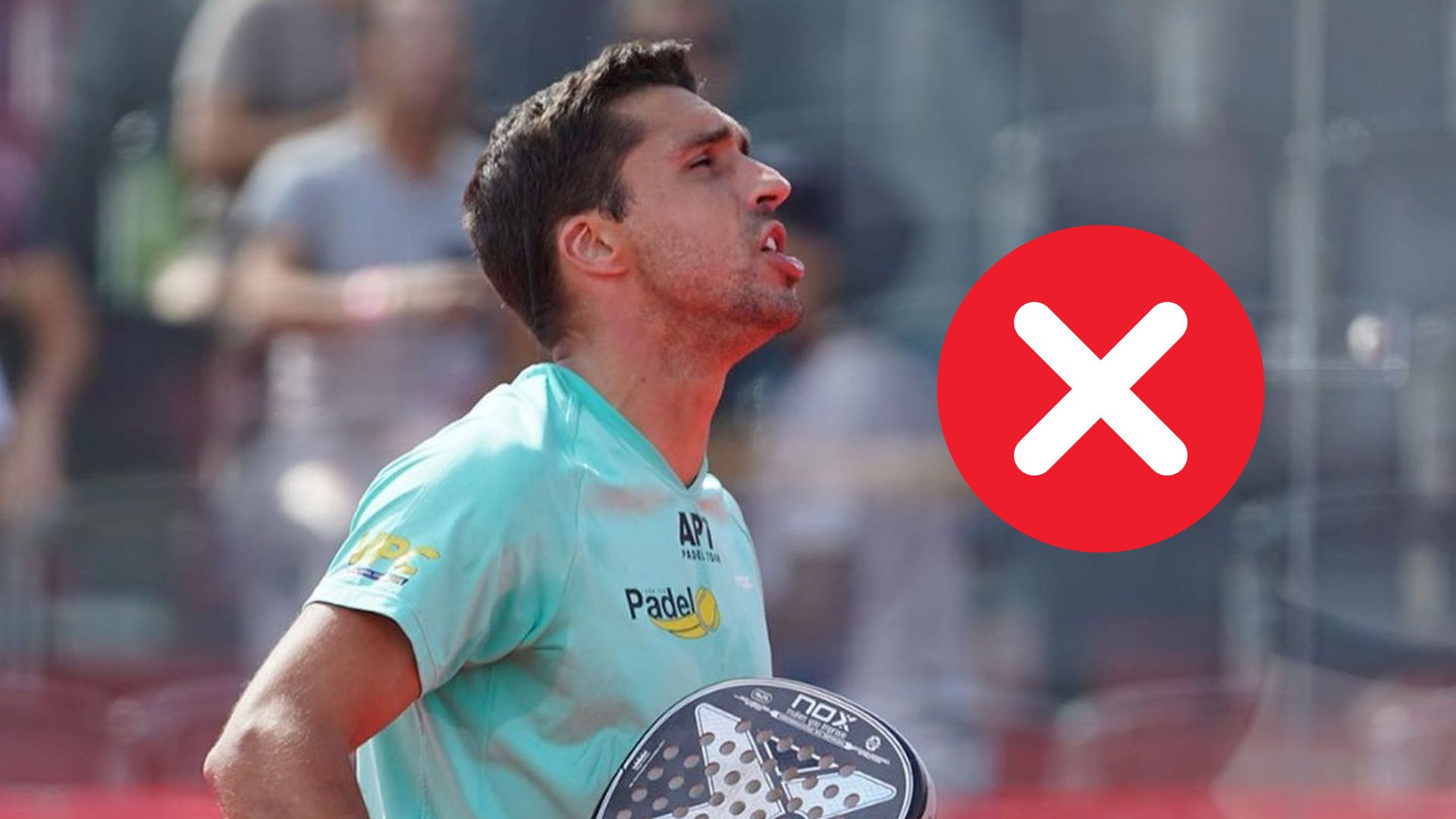 A par 4 is always a winner...even if you manage to defend it!
A par 4 is always a winner...even if you manage to defend it!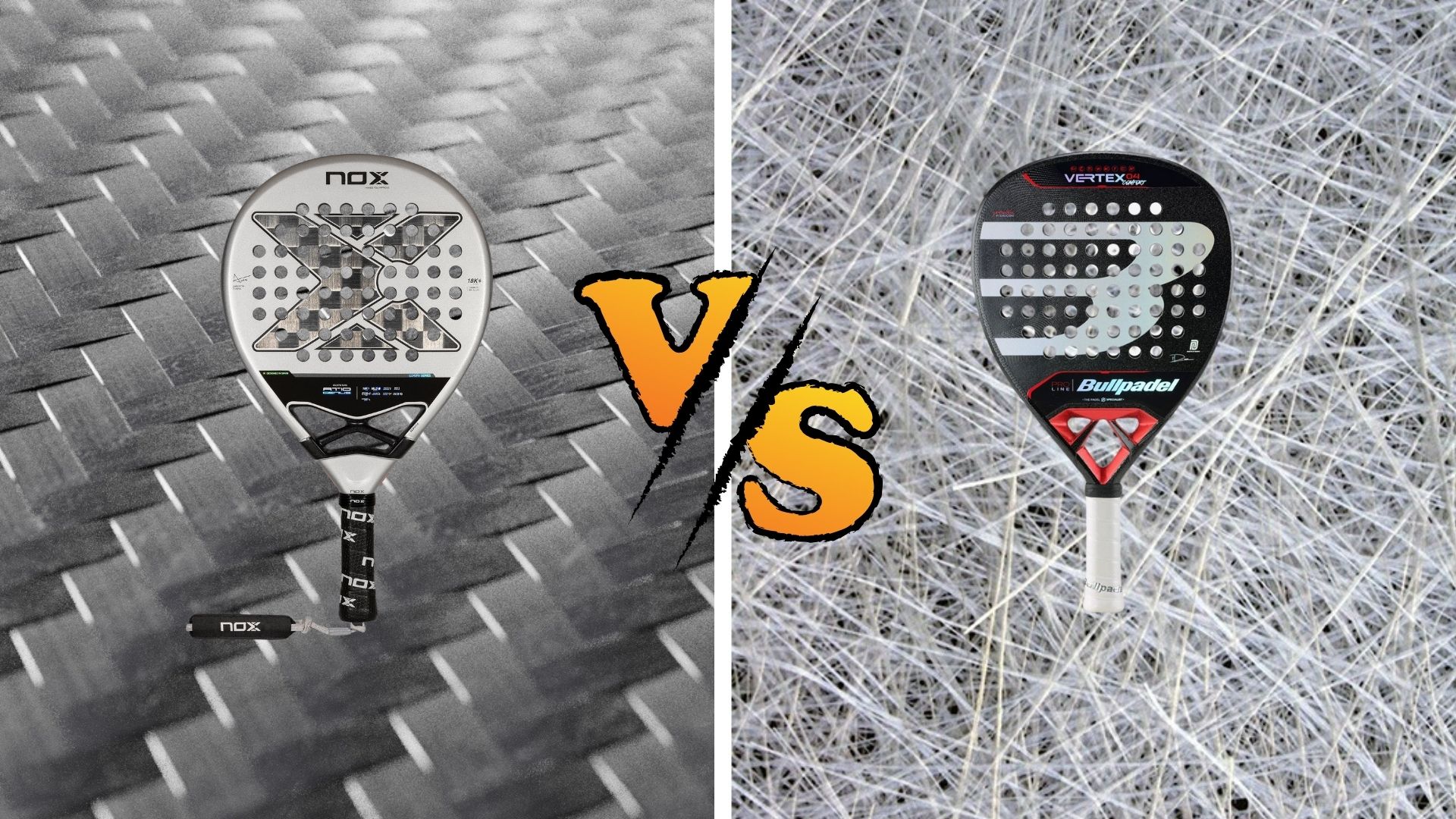 Carbon fiber VS fiberglass: what to choose?
Carbon fiber VS fiberglass: what to choose?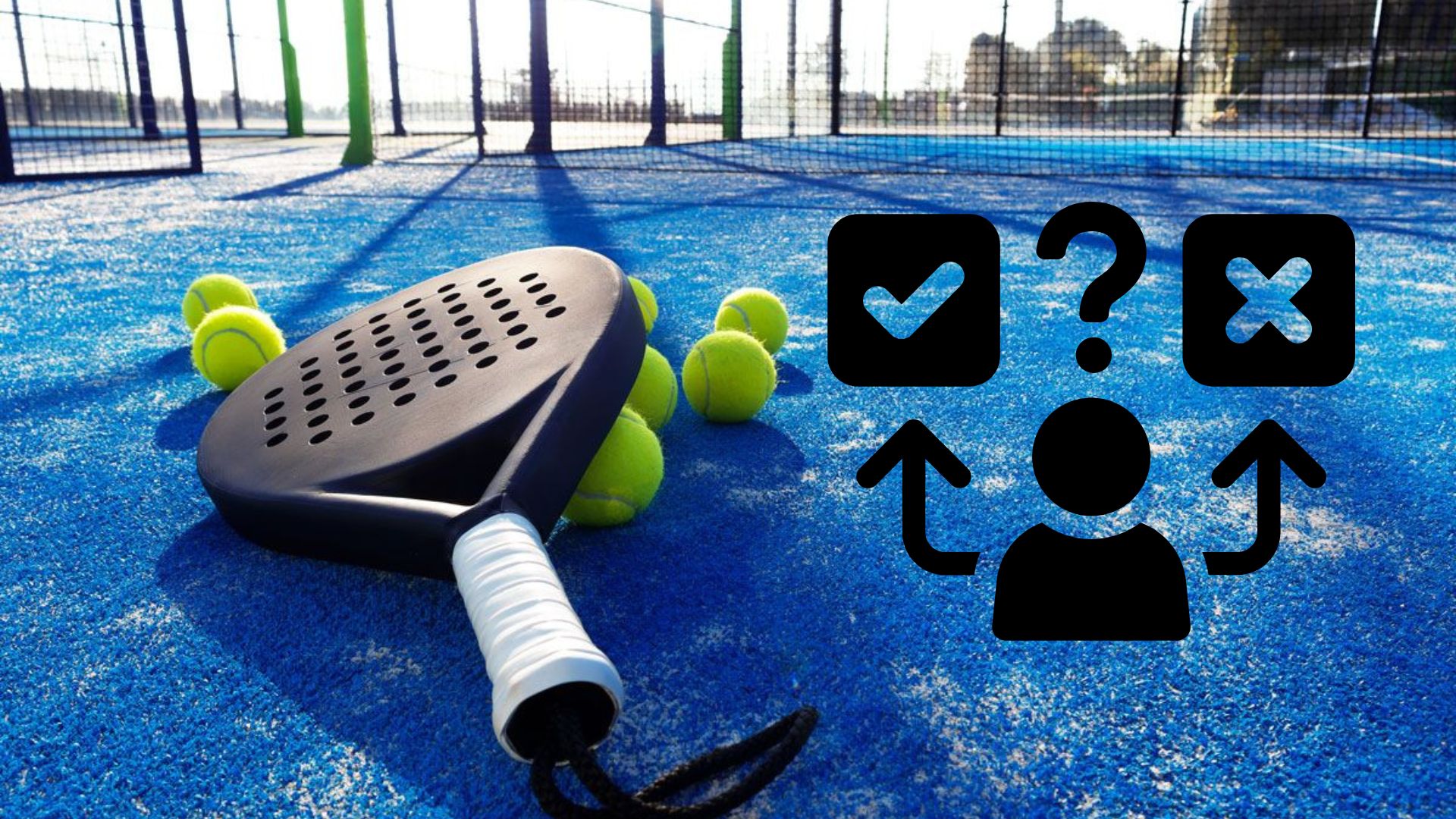 How to effectively test a racket padel ?
How to effectively test a racket padel ?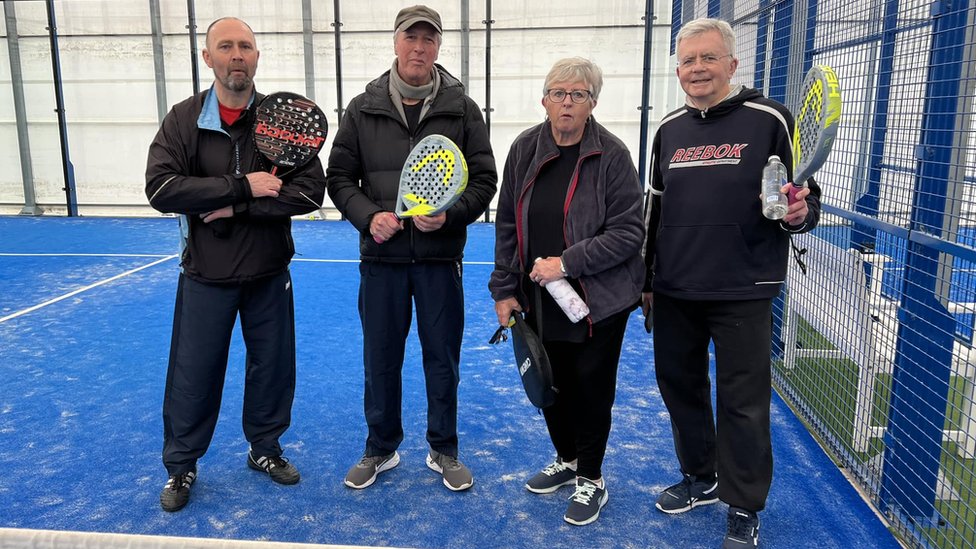 La padel to fight Parkinson's disease
La padel to fight Parkinson's disease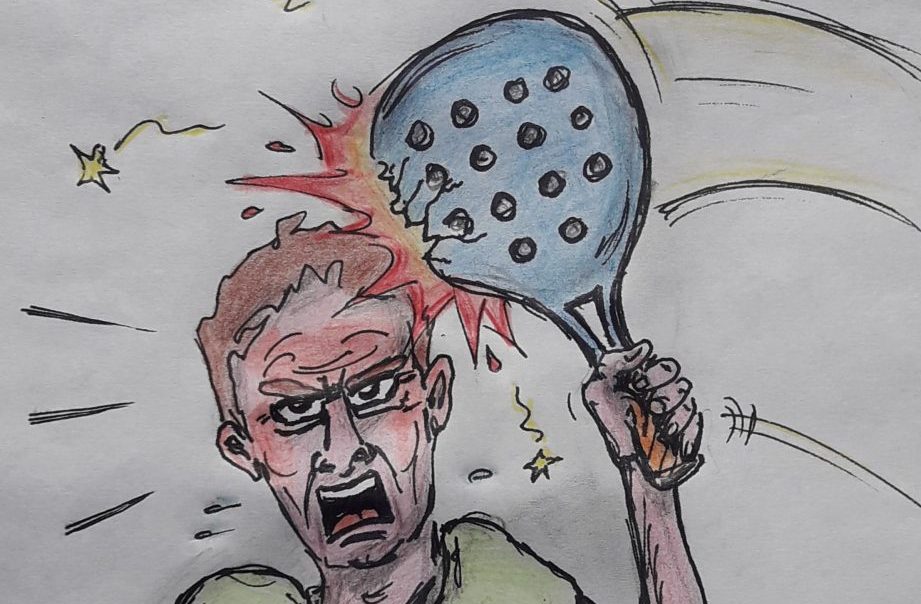 Don't play with a cracked or broken racket, your body will thank you!
Don't play with a cracked or broken racket, your body will thank you! Michel Cymes: “The padel, physically, it’s serious!”
Michel Cymes: “The padel, physically, it’s serious!”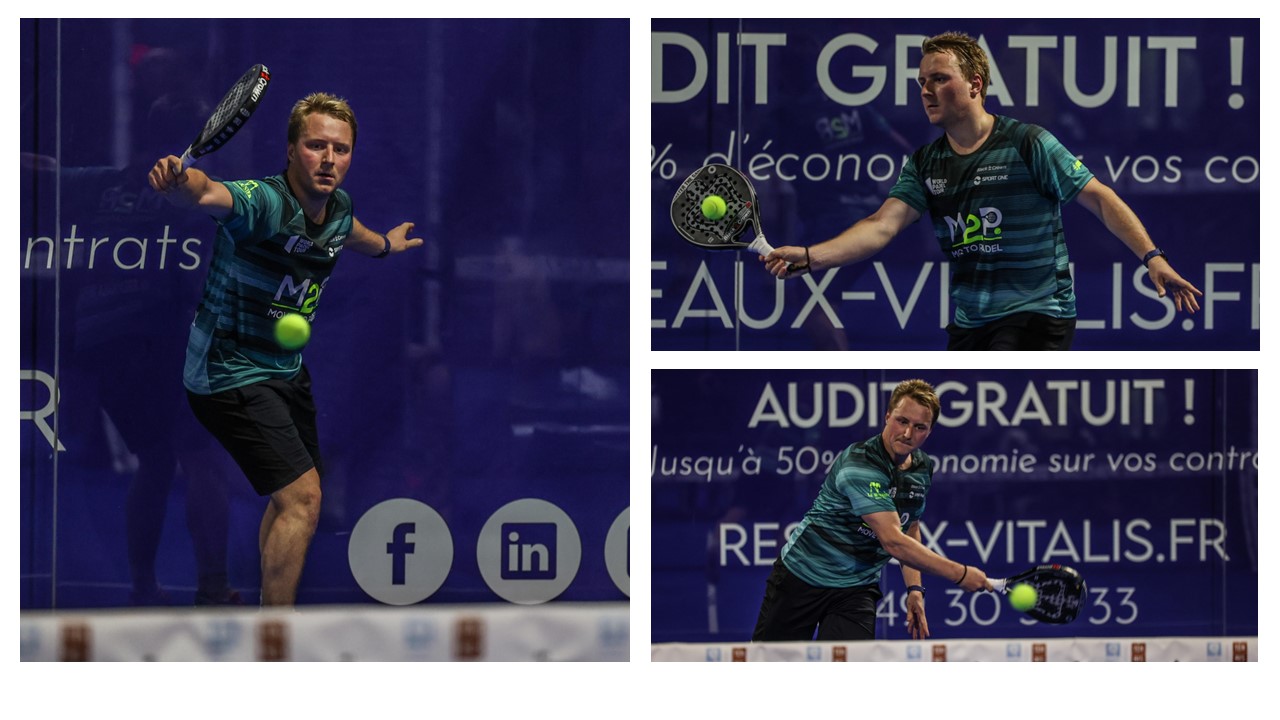 Jeremy Gala: “Promote the padel among young people in Belgium remains a challenge”
Jeremy Gala: “Promote the padel among young people in Belgium remains a challenge”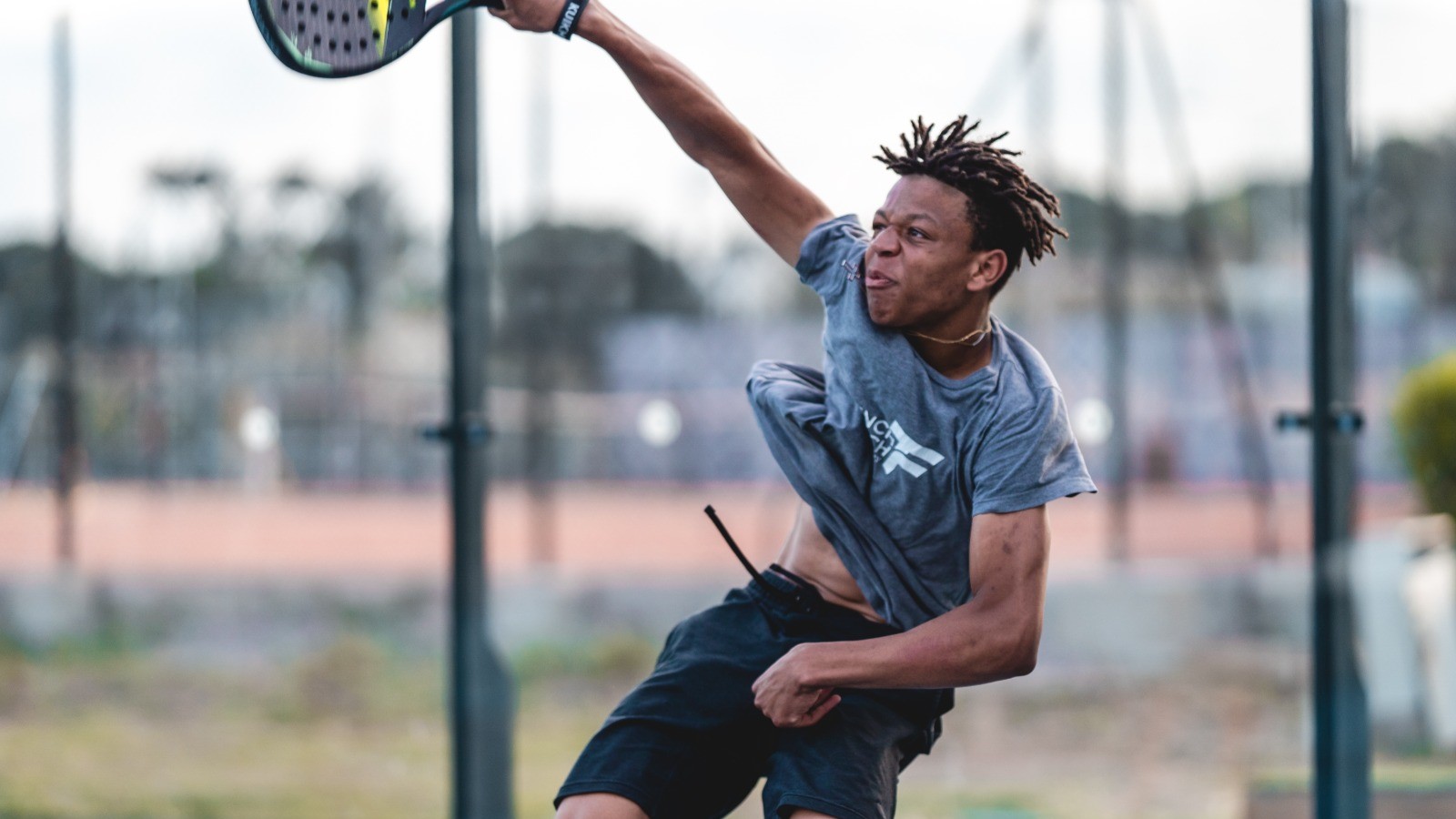 The French Touch Academy organizes its selection day Padel-Study
The French Touch Academy organizes its selection day Padel-Study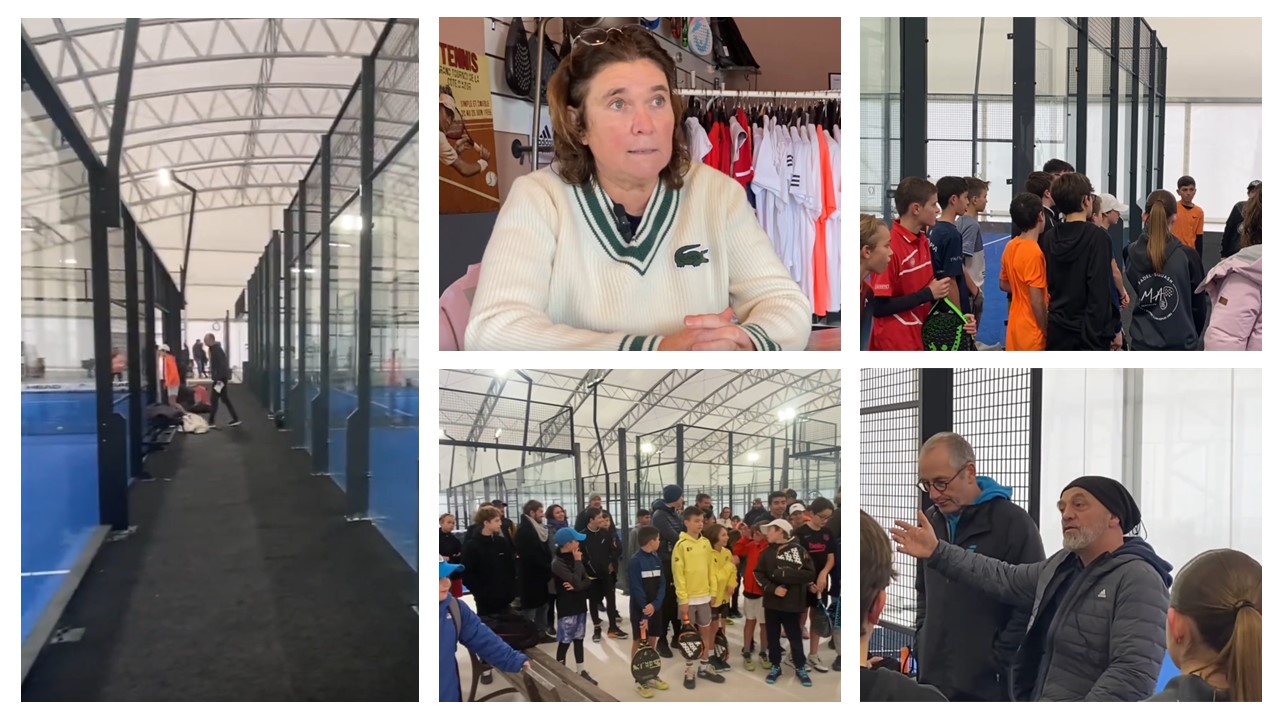 Report on the detection and training of younger generations
Report on the detection and training of younger generations
My sister has a health problem and I am very curious about this sport. Do you really think that this sport can help disabled people to regain taste? Thanks for the very interesting article!